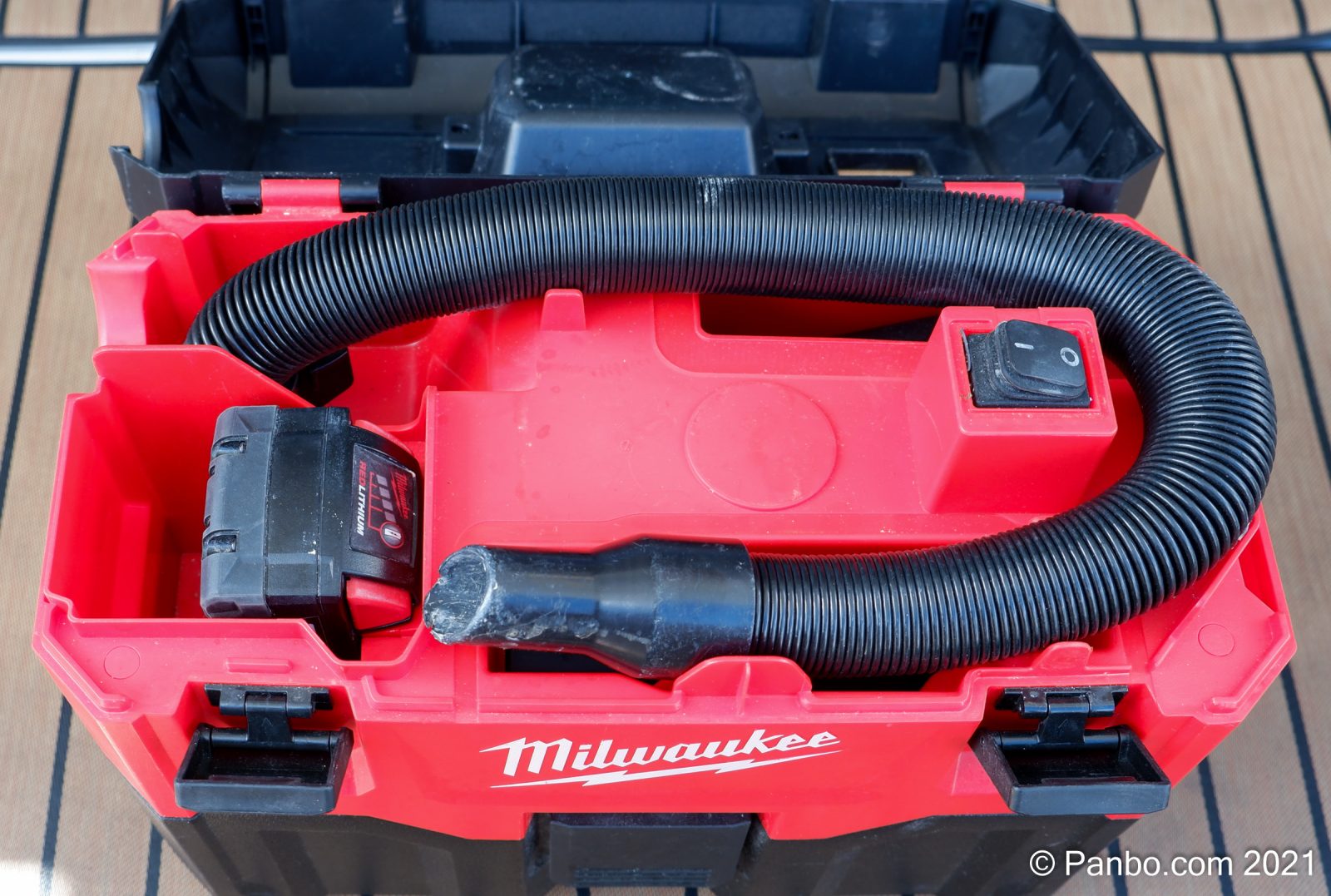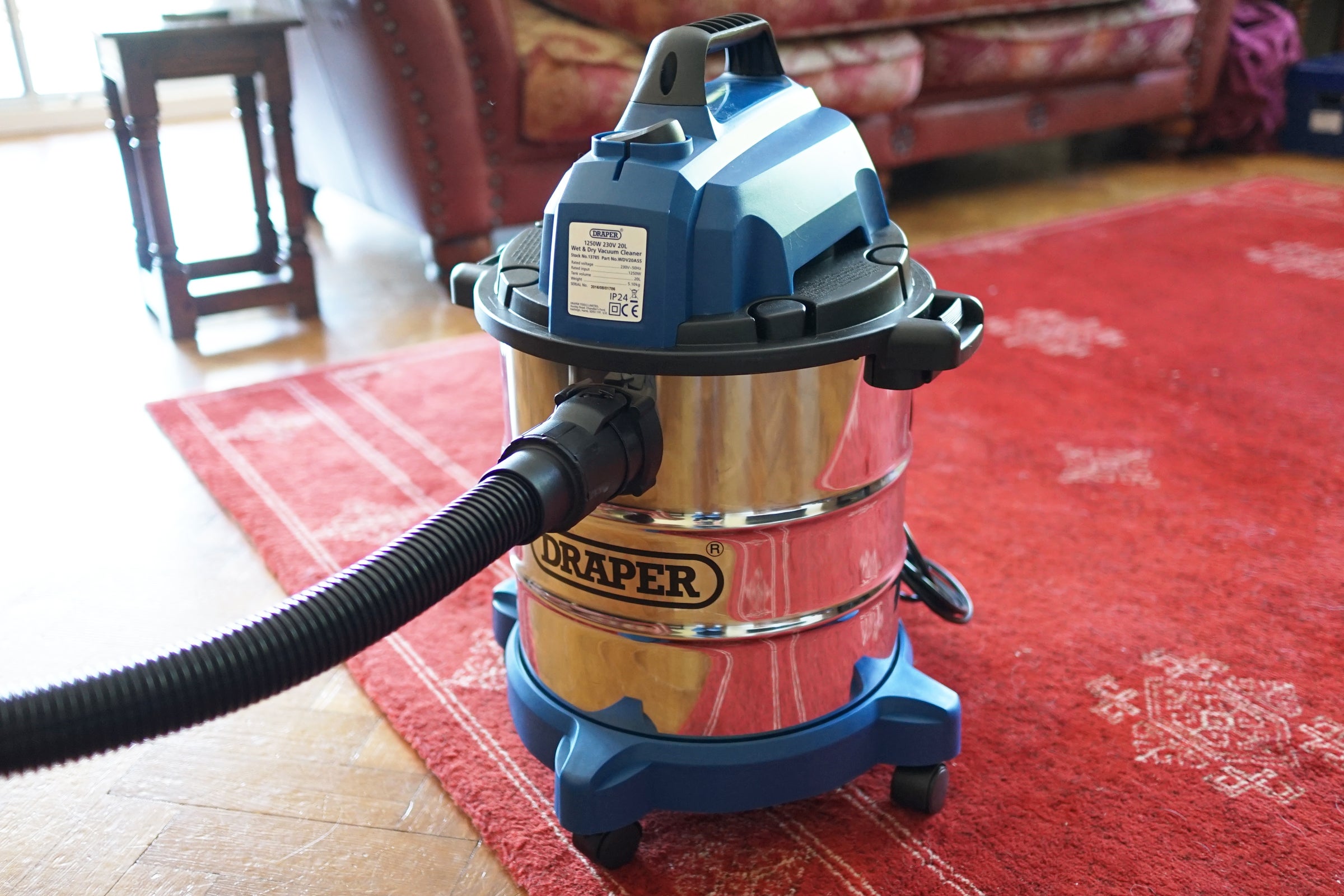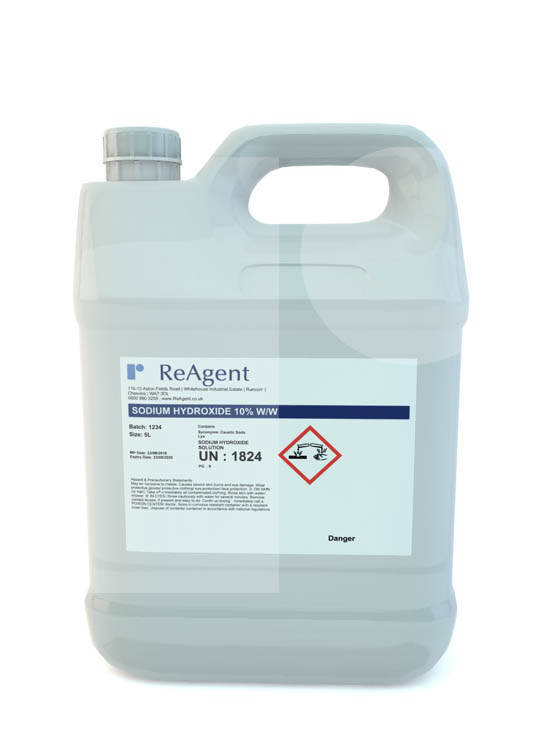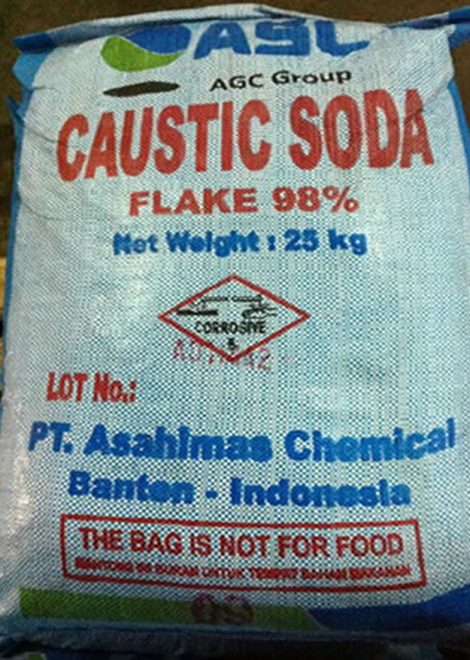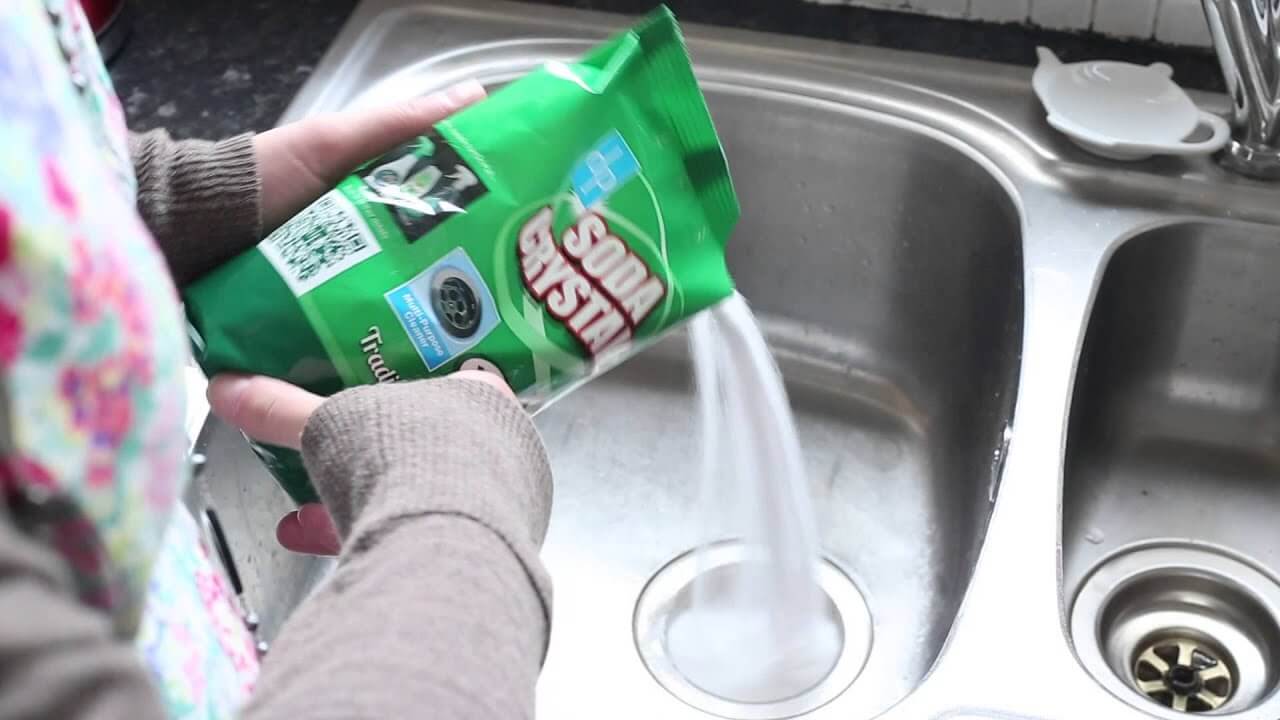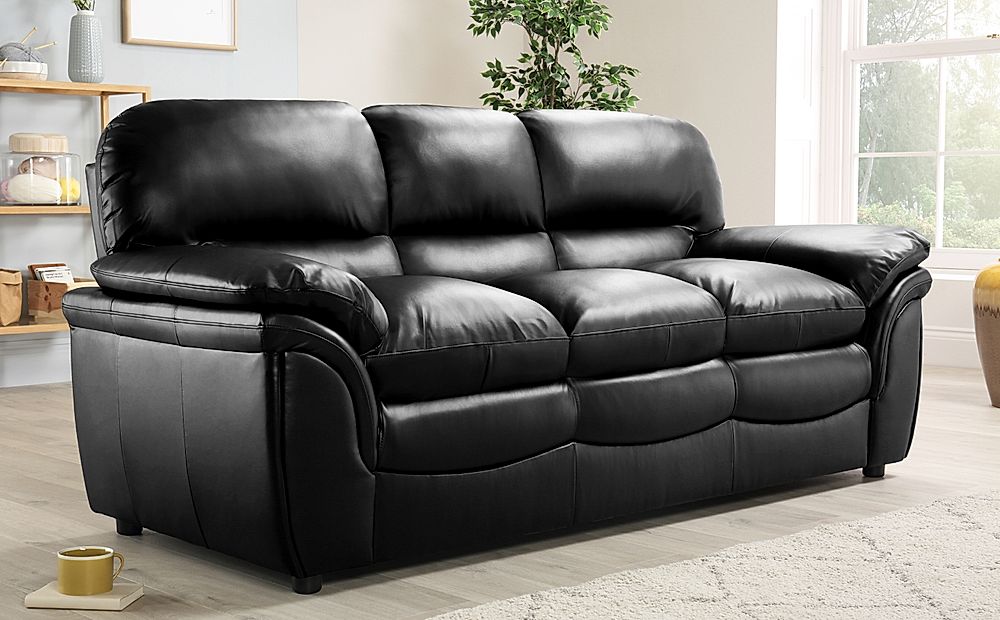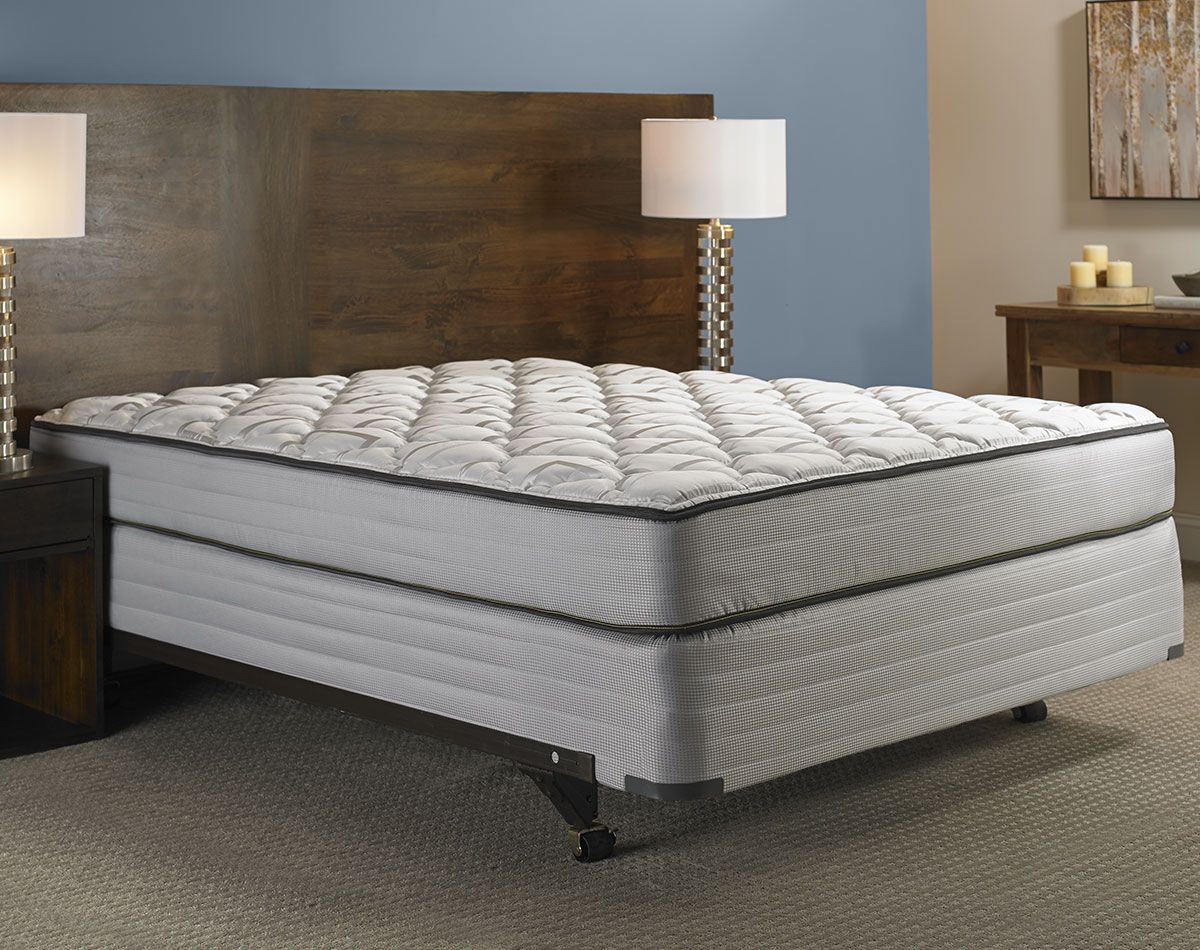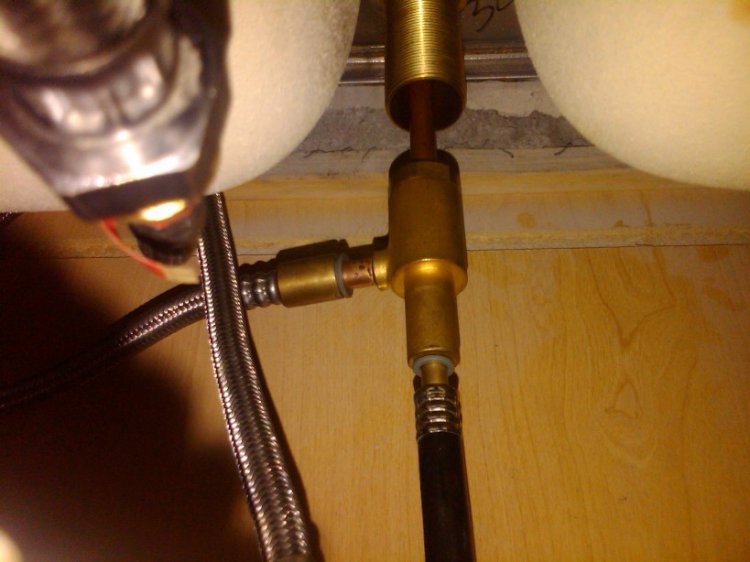1. Vinegar and Baking Soda
If you have a slow drain in your bathroom sink, one of the most effective remedies is a combination of vinegar and baking soda. These two common household items create a powerful foaming reaction when mixed together, which can help break down and dislodge any clogs in your pipes.
To use this remedy, start by pouring a pot of boiling water down the drain to loosen any debris. Next, pour ½ cup of baking soda into the drain, followed by 1 cup of vinegar. Let the mixture sit for about 10 minutes, then flush it out with another pot of boiling water. The foaming action can help clear out any buildup and improve the drainage in your sink.
2. Boiling Water
One of the simplest and most affordable remedies for a slow drain in your bathroom sink is boiling water. This method is especially effective for breaking up and clearing out soap scum and grease buildup.
To use this remedy, simply boil a pot of water and pour it directly down the drain. You may need to repeat this process a few times for stubborn clogs. Just be careful not to burn yourself in the process!
3. Plunger
While most people associate plungers with unclogging toilets, they can also be effective for unclogging bathroom sink drains. The suction created by the plunger can help loosen and remove clogs, allowing water to flow freely through the pipes again.
To use this method, fill the sink with a few inches of water to create a seal around the plunger. Then, place the plunger over the drain and push and pull it up and down in a quick motion. This should create enough suction to dislodge any clogs.
4. Drain Snake
If the above remedies don't work, you may need to use a drain snake to physically remove the clog. This tool, also known as a plumbing auger, is a long, flexible wire with a small auger or hook at the end. It can reach deep into your pipes to grab onto and remove clogs.
To use a drain snake, insert the end with the auger into the drain and start turning the handle clockwise. This will help the auger grab onto the clog. Once you feel resistance, continue turning the handle to break up the clog and pull it out.
5. Salt and Hot Water
If you're dealing with a slow drain due to mineral buildup, using a mixture of salt and hot water can help dissolve and remove the minerals. The abrasive texture of salt can also help scrub away any buildup on the walls of your pipes.
To use this remedy, mix ½ cup of salt with a pot of hot water and pour it down the drain. Let it sit for a few minutes, then flush it out with more hot water. Repeat this process a few times for best results.
6. Dish Soap and Hot Water
Another household item that can help unclog a slow drain in your bathroom sink is dish soap. The slippery texture of dish soap can help lubricate and loosen any debris or buildup in your pipes.
To use this method, squirt a generous amount of dish soap into the drain and follow it with a pot of hot water. Let it sit for a few minutes, then flush it out with more hot water. This can help break up and remove any clogs in your pipes.
7. Hydrogen Peroxide and Baking Soda
For a more powerful solution, you can mix hydrogen peroxide and baking soda to create a foaming reaction that can help unclog your bathroom sink drain. Hydrogen peroxide is a powerful cleaning agent that can help dissolve and remove tough buildup in your pipes.
To use this remedy, mix ½ cup of hydrogen peroxide with ½ cup of baking soda and pour it down the drain. Let it sit for about 15 minutes, then flush it out with hot water. This can help break down and remove any stubborn clogs in your pipes.
8. Enzyme Drain Cleaner
If you prefer to use a commercial product to unclog your bathroom sink drain, consider using an enzyme drain cleaner. These cleaners contain natural enzymes that can break down and digest organic matter, such as hair and soap scum, without causing damage to your pipes.
To use this product, simply pour it down the drain and let it sit for the recommended amount of time. Then, flush it out with hot water. Enzyme drain cleaners may take longer to work, but they can be a more gentle and environmentally-friendly option compared to harsh chemical drain cleaners.
9. Wet/Dry Vacuum
If you have a wet/dry vacuum, you can use it to suck out any clogs in your bathroom sink drain. This method works best for removing solid clogs, such as hairballs or soap scum buildup.
To use this method, set your vacuum to the wet setting and cover the end of the hose with a cloth to create a seal over the drain. Then, turn on the vacuum and hold it over the drain for a few minutes. The suction should be strong enough to pull out any clogs.
10. Caustic Soda
If all else fails, you may need to use a strong chemical drain cleaner to unclog your bathroom sink drain. Caustic soda, also known as sodium hydroxide, is a powerful alkali that can dissolve and remove tough clogs.
To use this product, wear protective gloves and goggles and carefully follow the instructions on the packaging. You will likely need to mix the caustic soda with water and pour it down the drain. Let it sit for the recommended amount of time, then flush it out with hot water. Be sure to use caution when handling caustic soda, as it can cause burns if it comes into contact with your skin.
By using one of these top 10 remedies for a slow drain in your bathroom sink, you can avoid the frustration and inconvenience of dealing with a clogged drain. Remember to always use caution and follow the instructions carefully when using any chemical products, and consider using natural remedies first before resorting to harsh chemicals. With a little elbow grease and some household items, you can have your bathroom sink draining smoothly in no time!
Additional Remedies for a Slow Drain in the Bathroom Sink
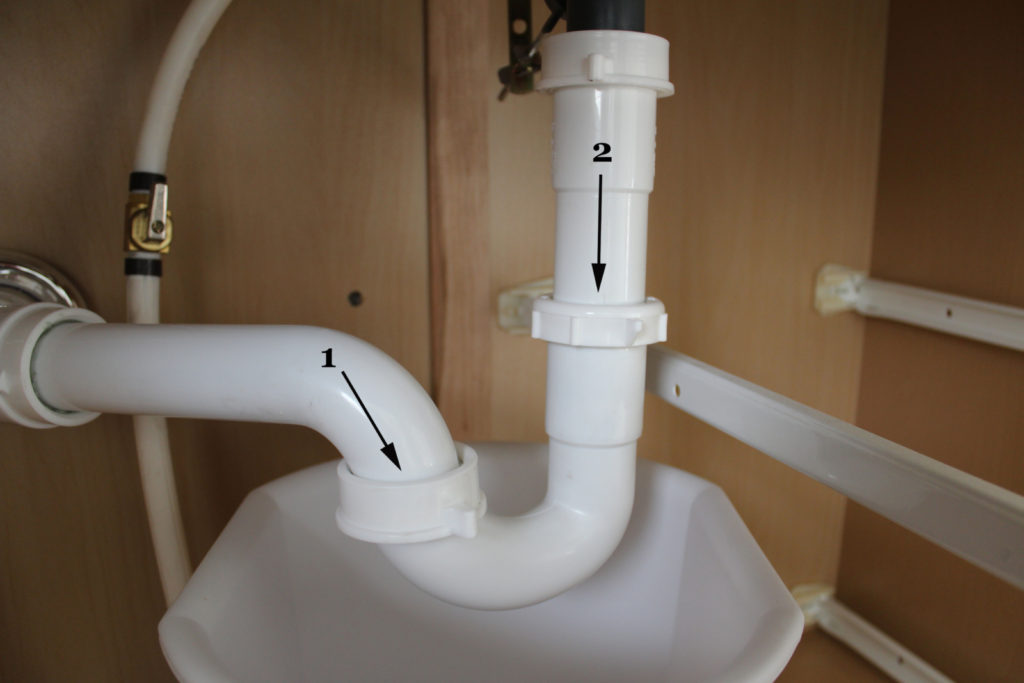
Install a Drain Strainer
 One of the most common causes of a slow drain in the bathroom sink is the accumulation of hair and debris in the drain. To prevent this, consider installing a drain strainer. These small mesh screens fit over the drain and catch any hair or debris before it can go down and clog the pipes. Simply empty the strainer regularly to keep your drain flowing smoothly.
One of the most common causes of a slow drain in the bathroom sink is the accumulation of hair and debris in the drain. To prevent this, consider installing a drain strainer. These small mesh screens fit over the drain and catch any hair or debris before it can go down and clog the pipes. Simply empty the strainer regularly to keep your drain flowing smoothly.
Try a Homemade Drain Cleaner
 If you prefer a more natural approach, you can create your own drain cleaner using ingredients you likely already have in your kitchen. Mix 1/2 cup of baking soda with 1/2 cup of vinegar and pour it down the drain. Let it sit for 10-15 minutes, then flush it with hot water. The chemical reaction between the baking soda and vinegar will help break down any buildup and clear your drain.
If you prefer a more natural approach, you can create your own drain cleaner using ingredients you likely already have in your kitchen. Mix 1/2 cup of baking soda with 1/2 cup of vinegar and pour it down the drain. Let it sit for 10-15 minutes, then flush it with hot water. The chemical reaction between the baking soda and vinegar will help break down any buildup and clear your drain.
Use a Plunger
 A plunger isn't just for unclogging toilets - it can also be effective in clearing a slow drain in your bathroom sink. Fill the sink with enough water to cover the drain, then place the plunger over the drain and give it a few forceful pumps. This can help dislodge any clogs and get the water flowing freely again.
A plunger isn't just for unclogging toilets - it can also be effective in clearing a slow drain in your bathroom sink. Fill the sink with enough water to cover the drain, then place the plunger over the drain and give it a few forceful pumps. This can help dislodge any clogs and get the water flowing freely again.
Consider a Professional Drain Cleaning
 If the above remedies don't seem to be working, it may be time to call in a professional. A plumber can use specialized tools and techniques to clear out any stubborn clogs and get your drain back to its normal speed. They can also inspect your pipes for any potential issues that may be causing the slow drain.
If the above remedies don't seem to be working, it may be time to call in a professional. A plumber can use specialized tools and techniques to clear out any stubborn clogs and get your drain back to its normal speed. They can also inspect your pipes for any potential issues that may be causing the slow drain.
Prevent Future Clogs
 Once you've successfully cleared your slow drain, it's important to take steps to prevent it from happening again. This includes regularly cleaning your drain strainer, being mindful of what you put down the drain, and using a drain cleaner every few months as a preventative measure.
With these additional remedies, you should be able to effectively address a slow drain in your bathroom sink. Just remember to be patient and try different methods before calling in a professional. By taking care of your drains, you can ensure a smoothly functioning bathroom for years to come.
Once you've successfully cleared your slow drain, it's important to take steps to prevent it from happening again. This includes regularly cleaning your drain strainer, being mindful of what you put down the drain, and using a drain cleaner every few months as a preventative measure.
With these additional remedies, you should be able to effectively address a slow drain in your bathroom sink. Just remember to be patient and try different methods before calling in a professional. By taking care of your drains, you can ensure a smoothly functioning bathroom for years to come.



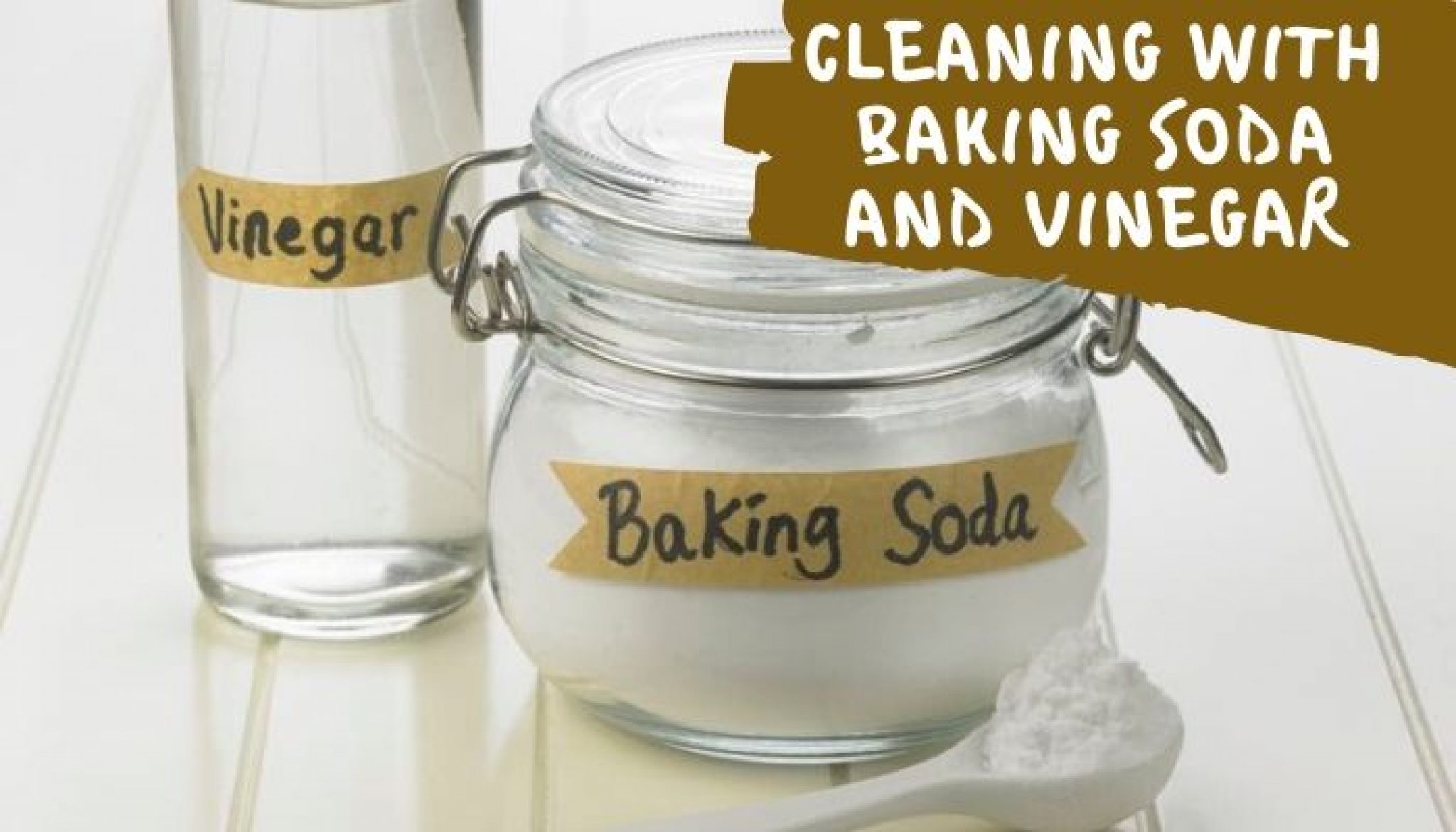
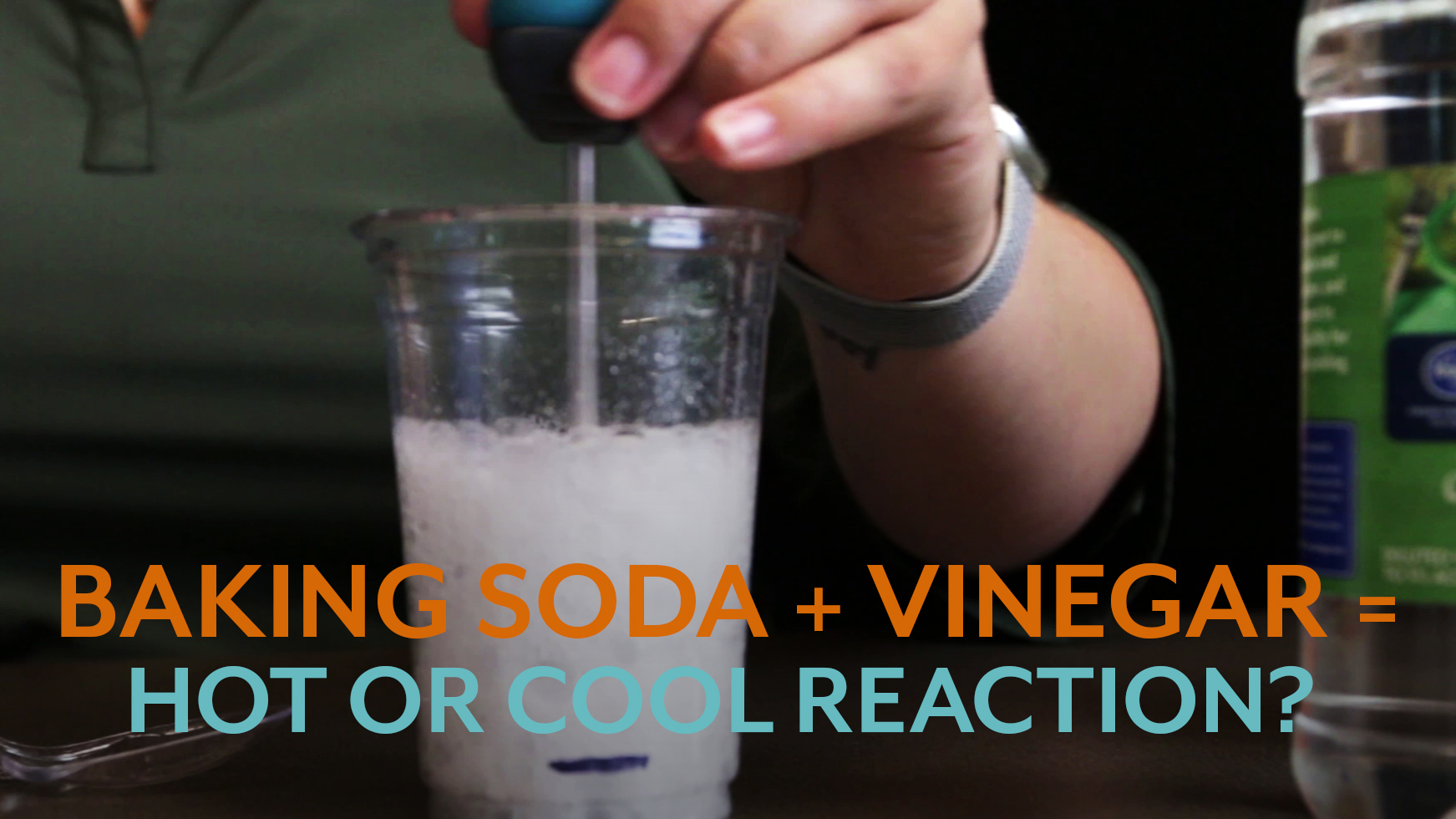

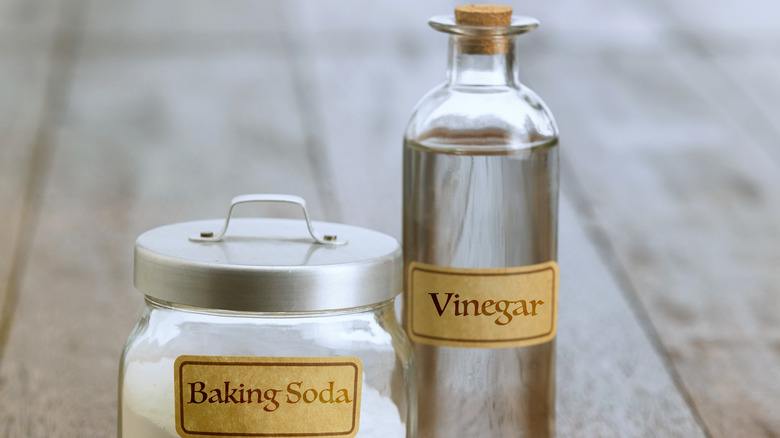
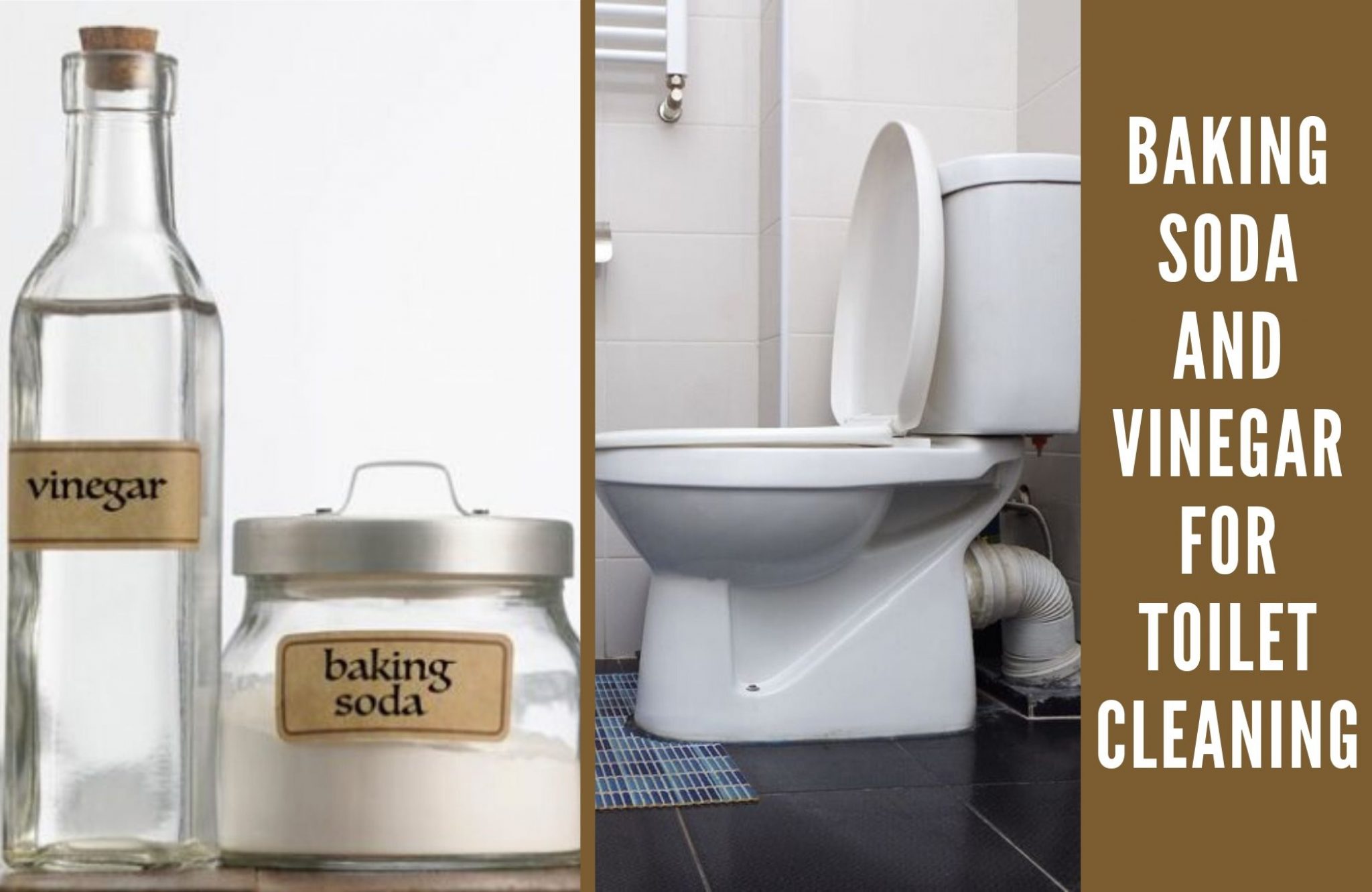

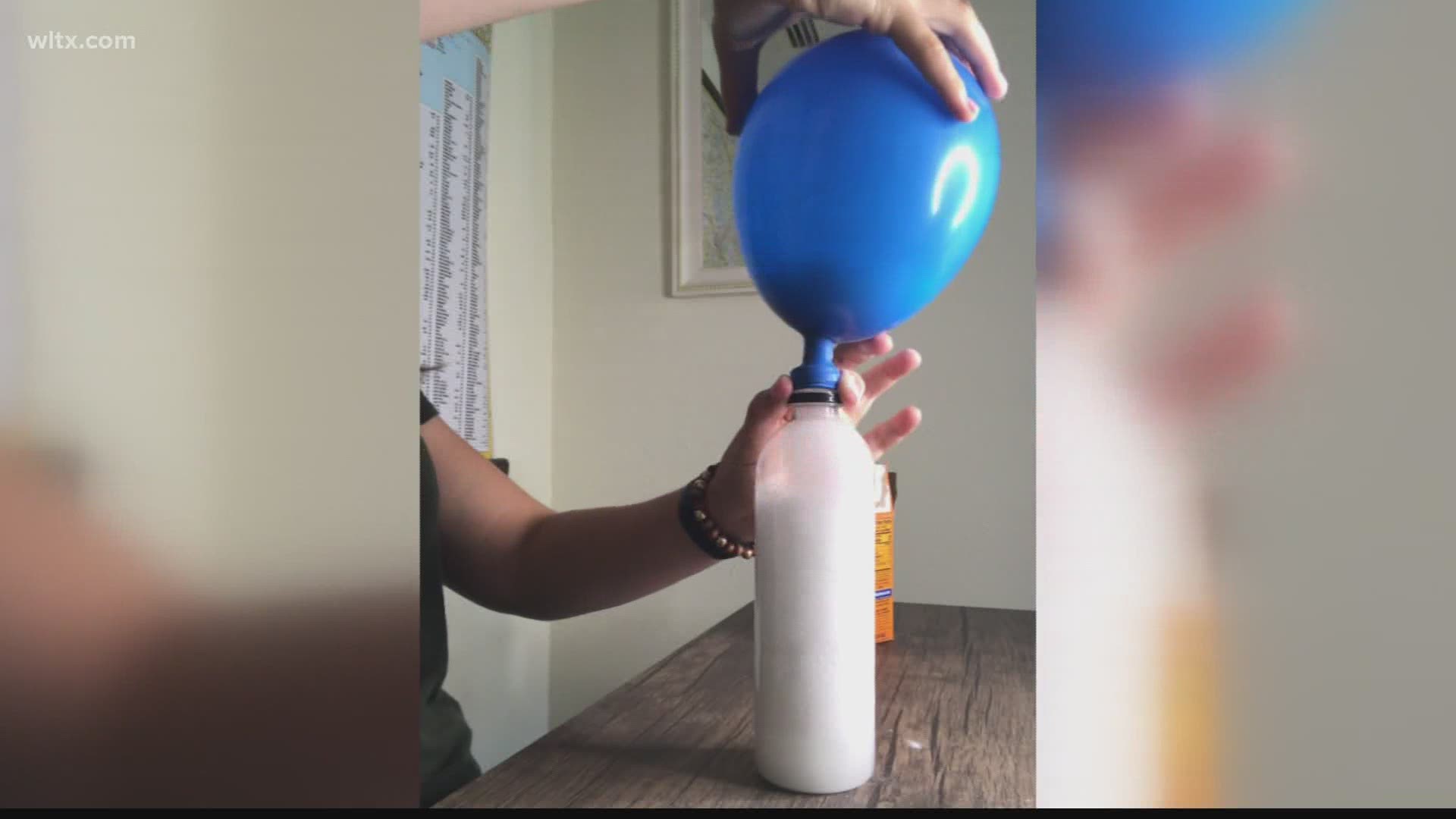
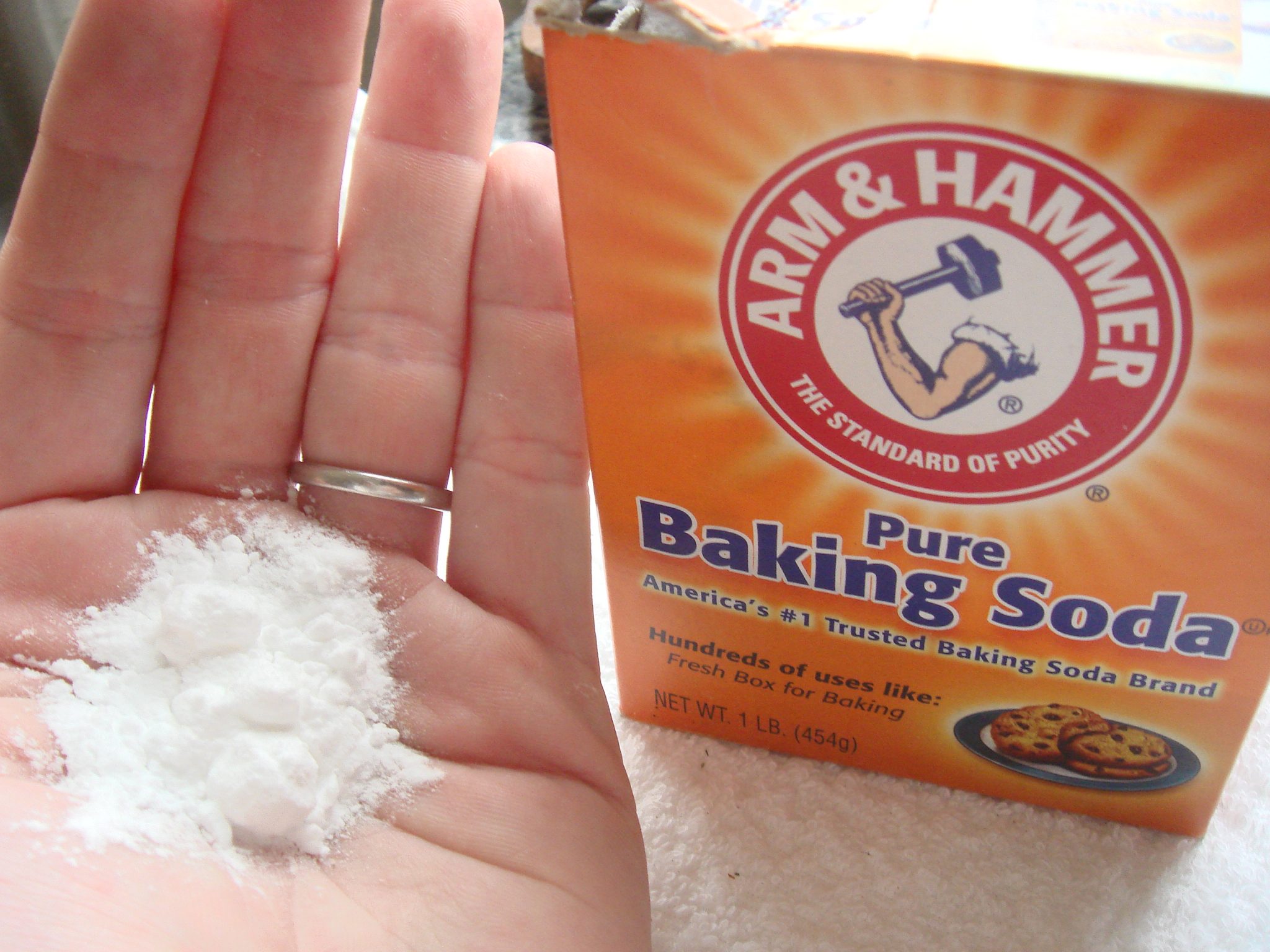




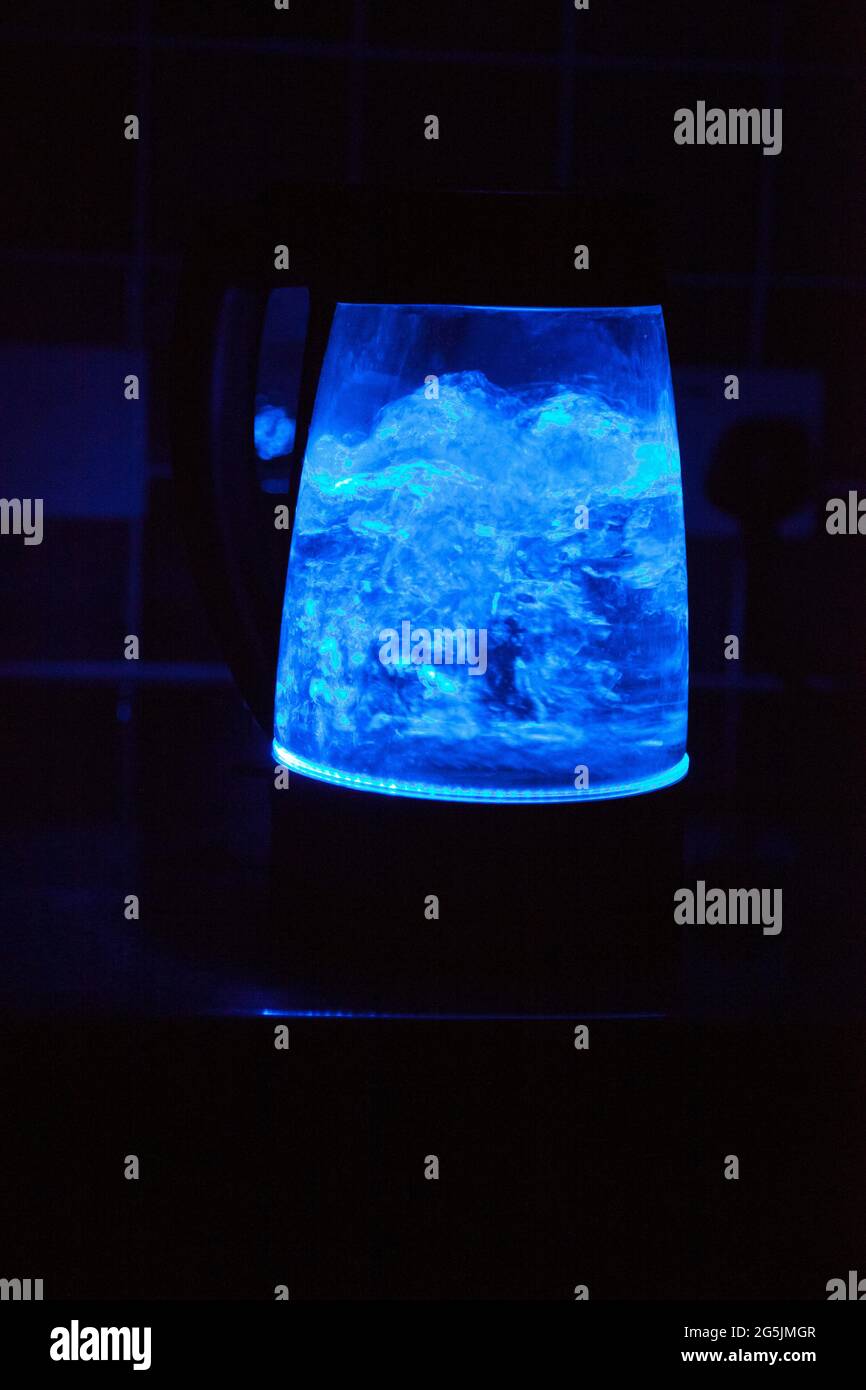


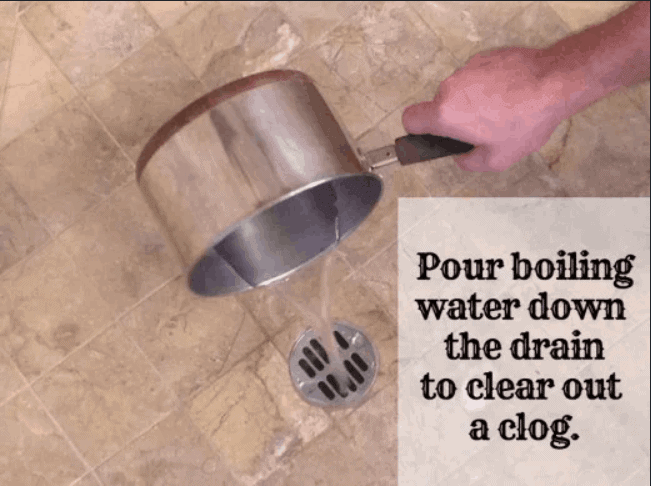
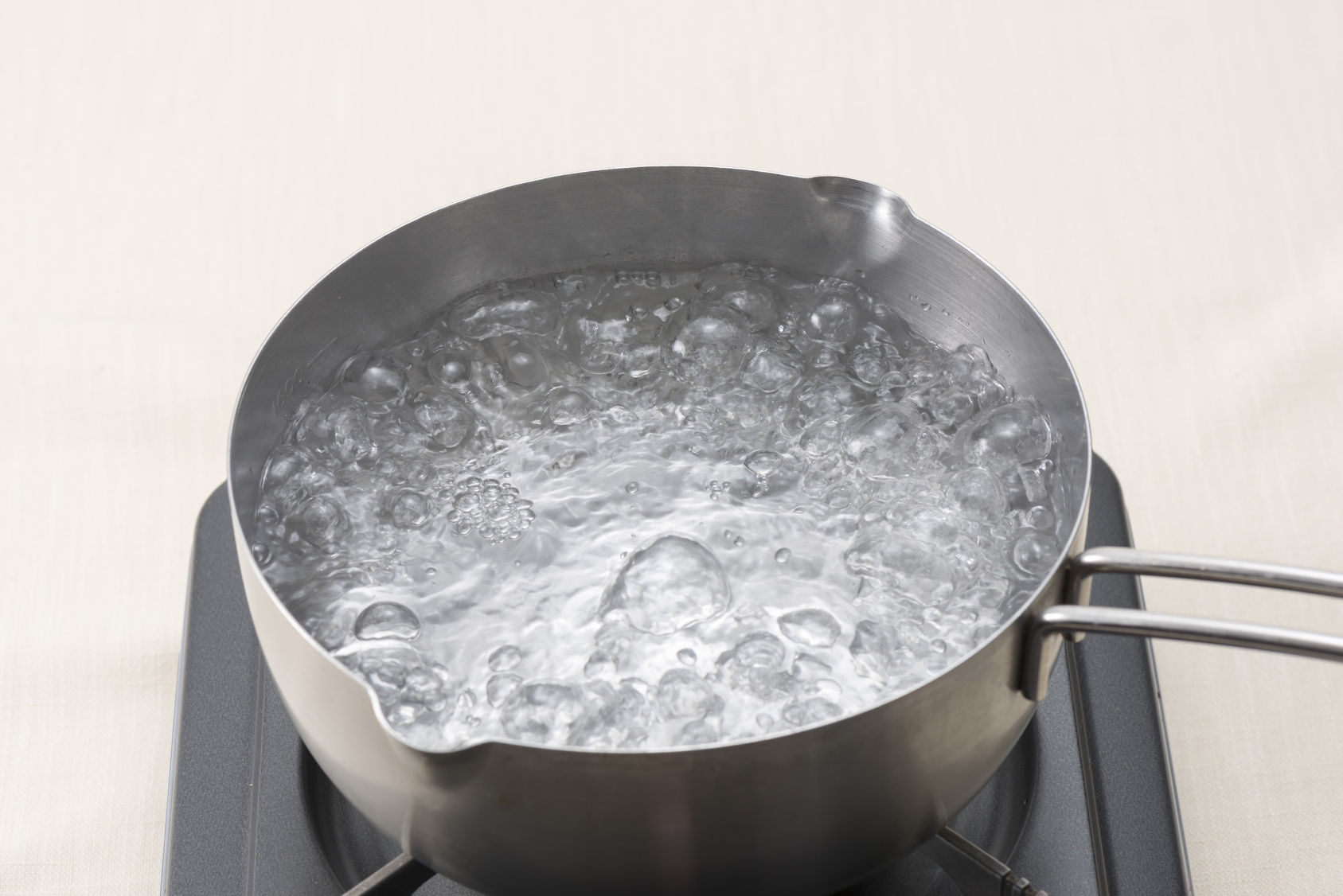




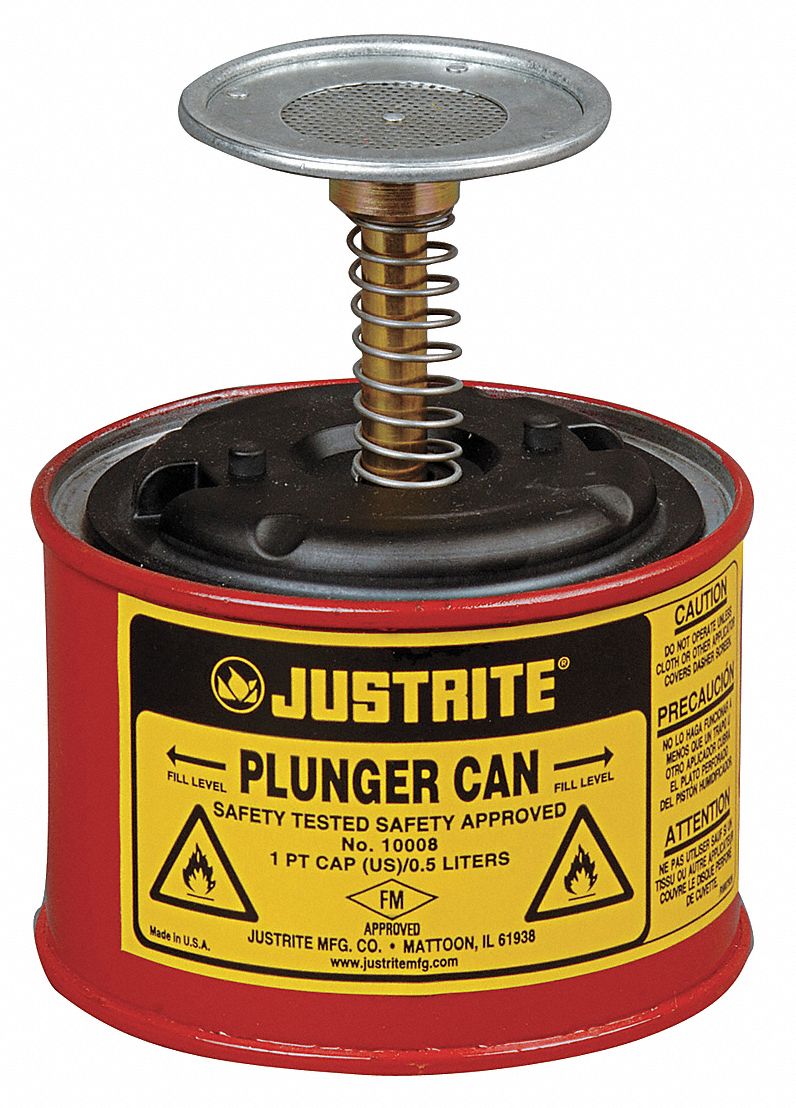



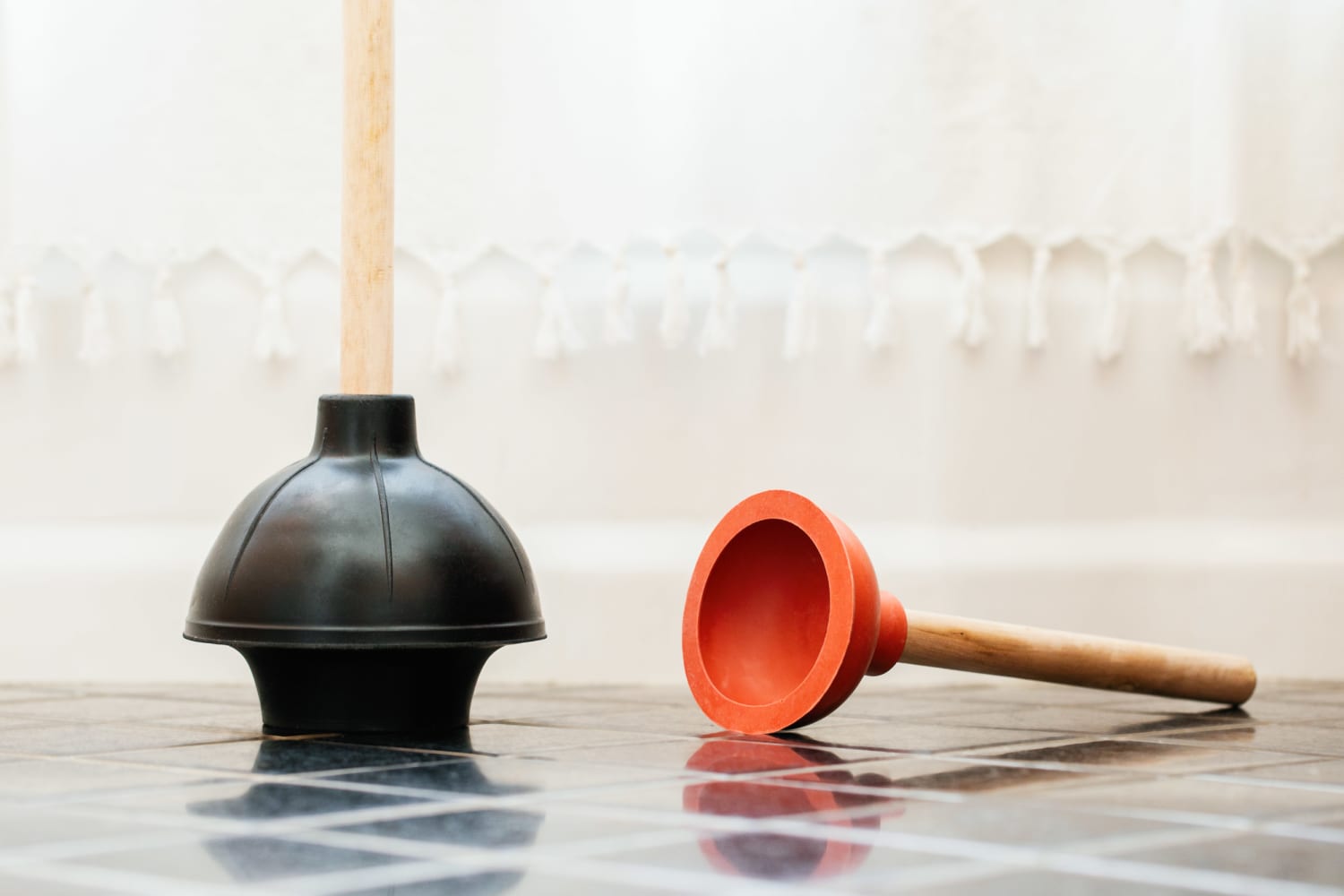
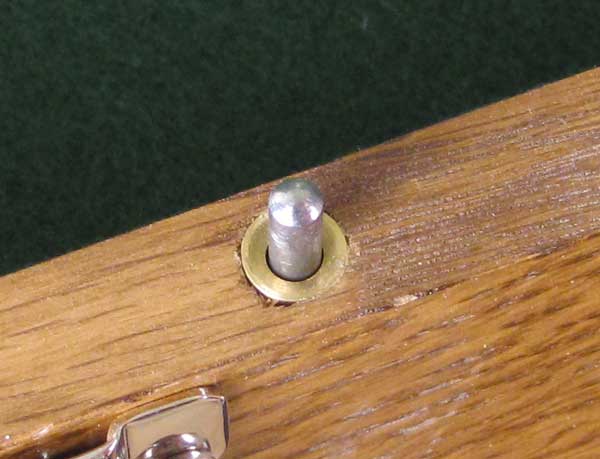




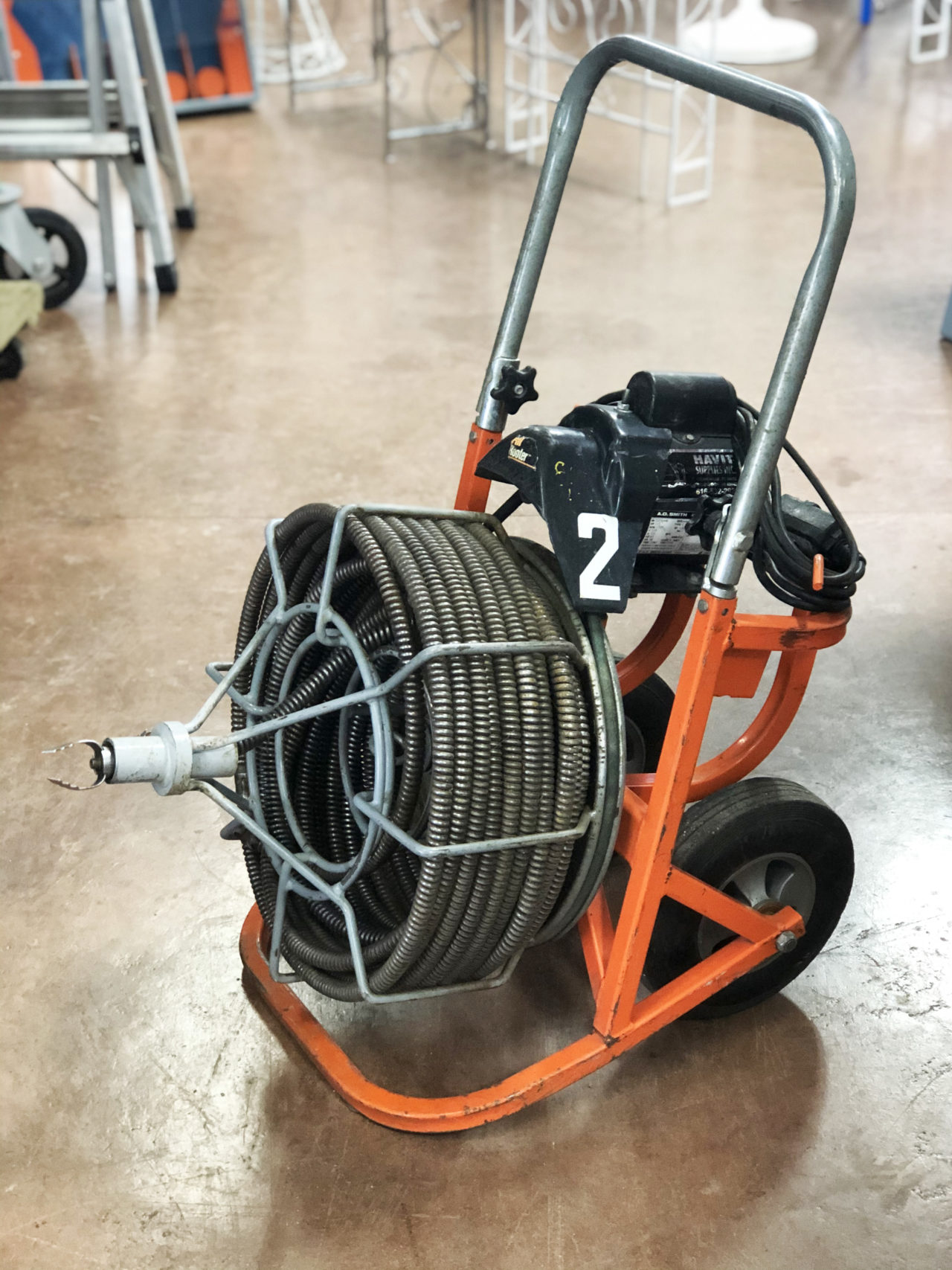


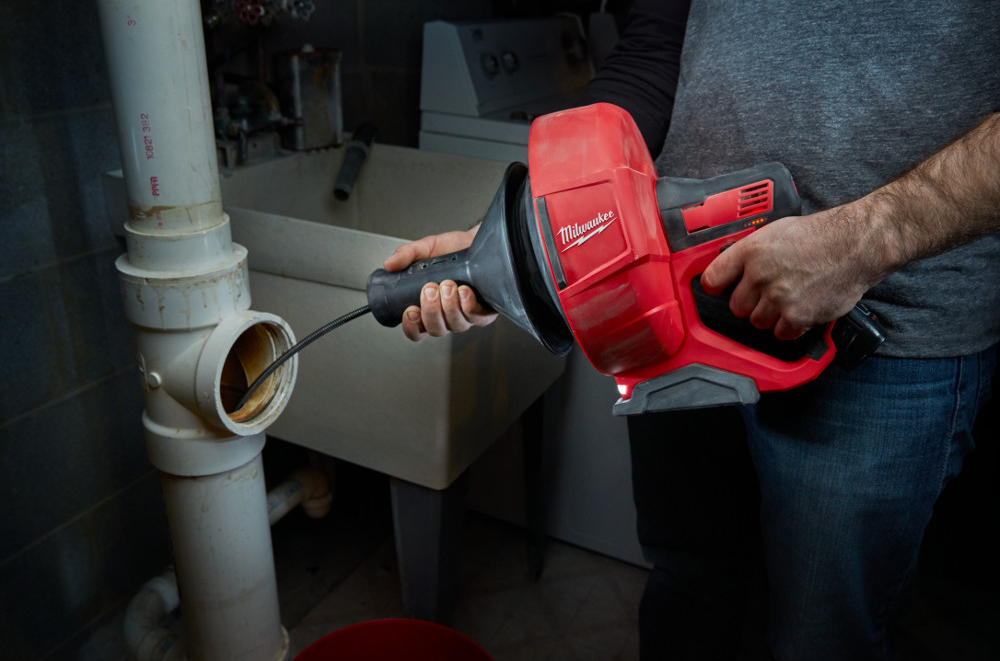
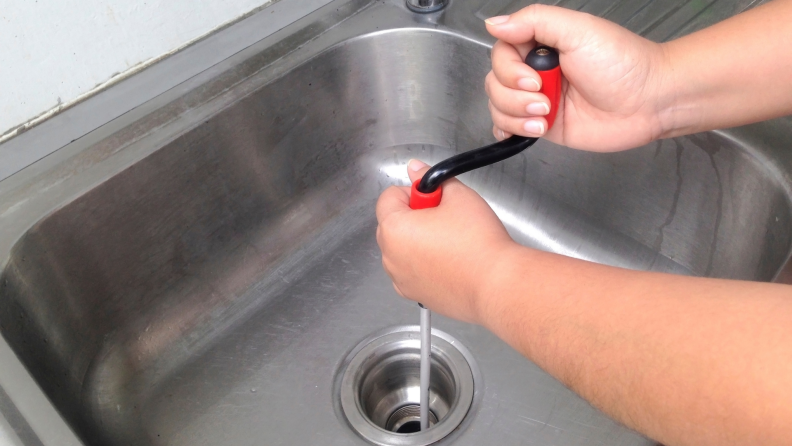

:max_bytes(150000):strip_icc()/Vastar-4-Pack-Drain-Snake-50b0e77281b244e386d046ca25ba76b6.jpg)



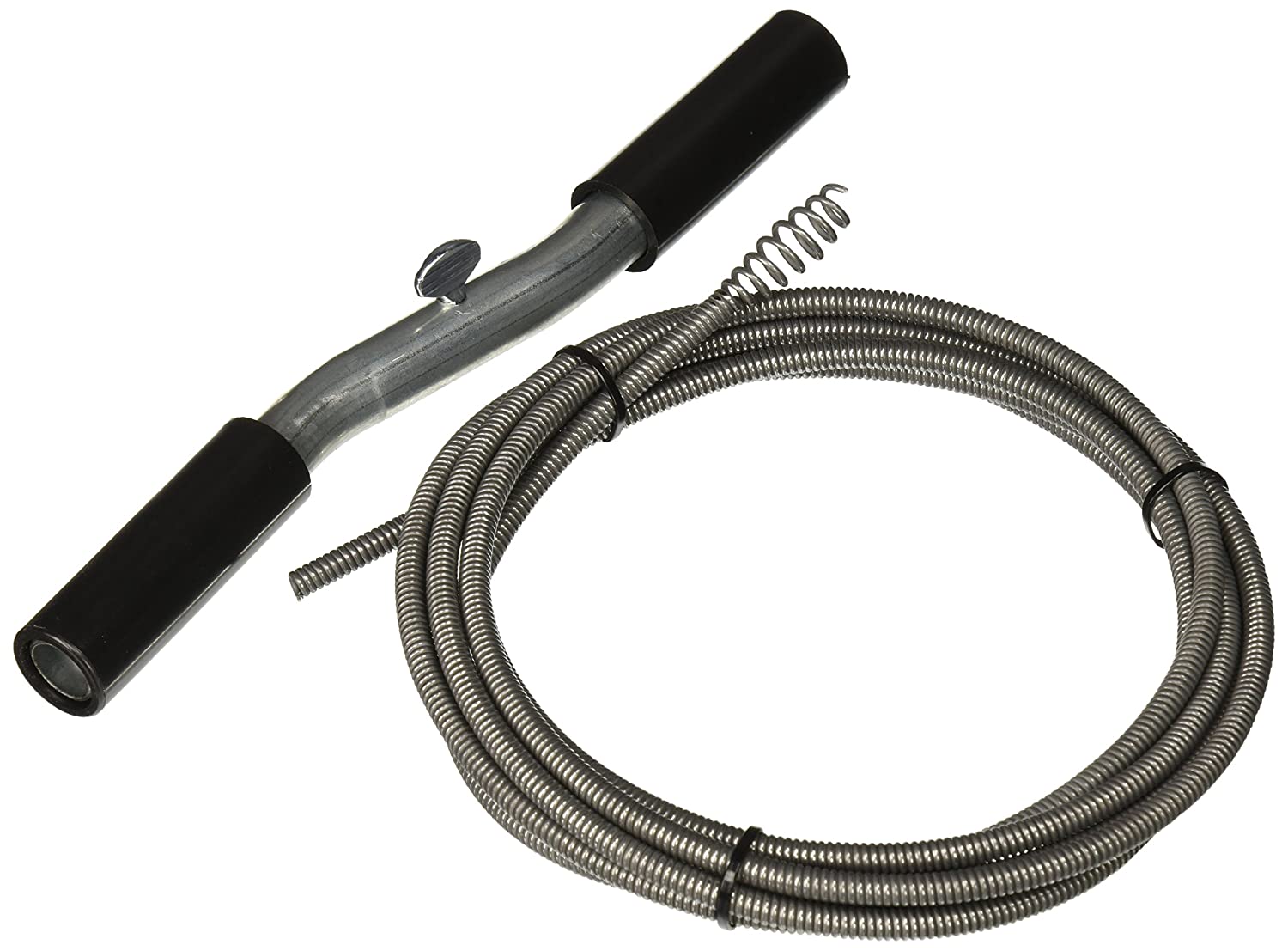


_1.webp)

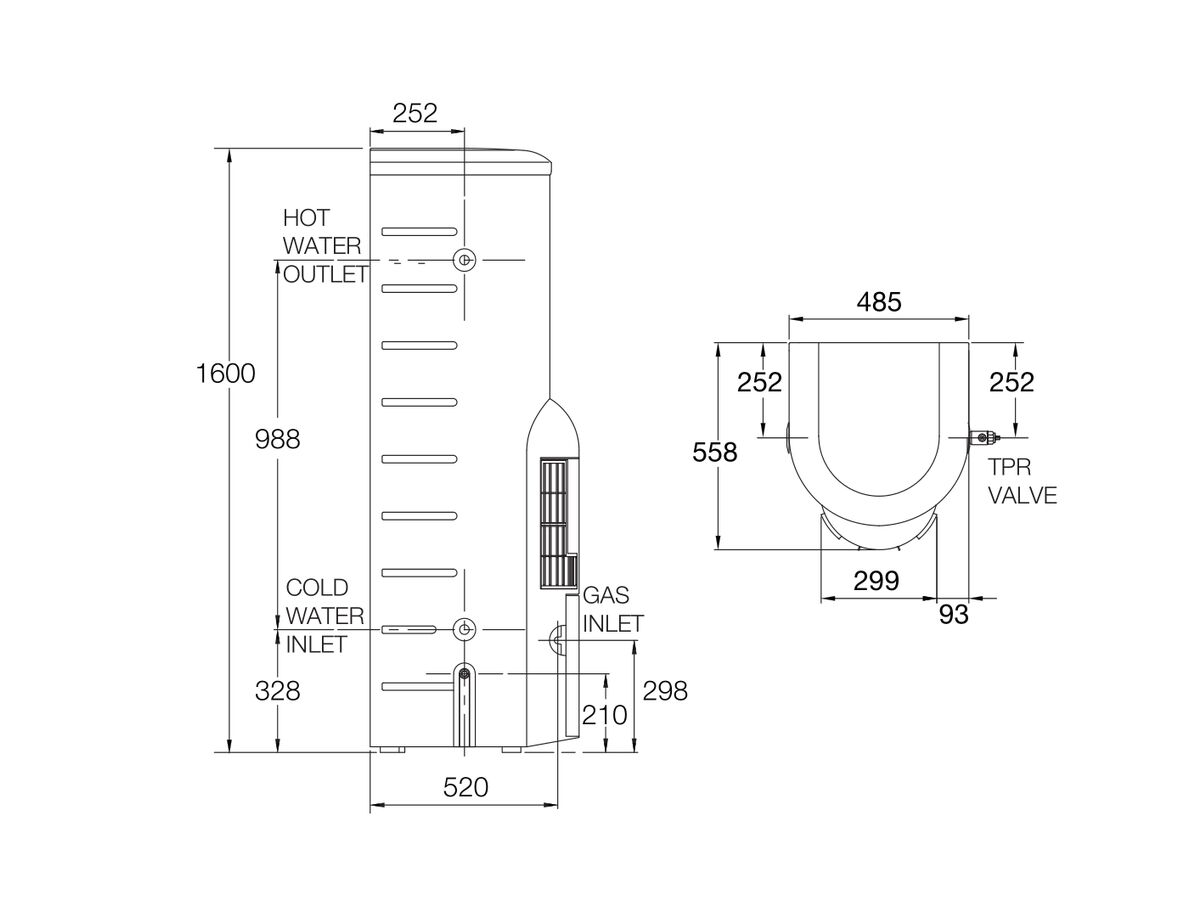





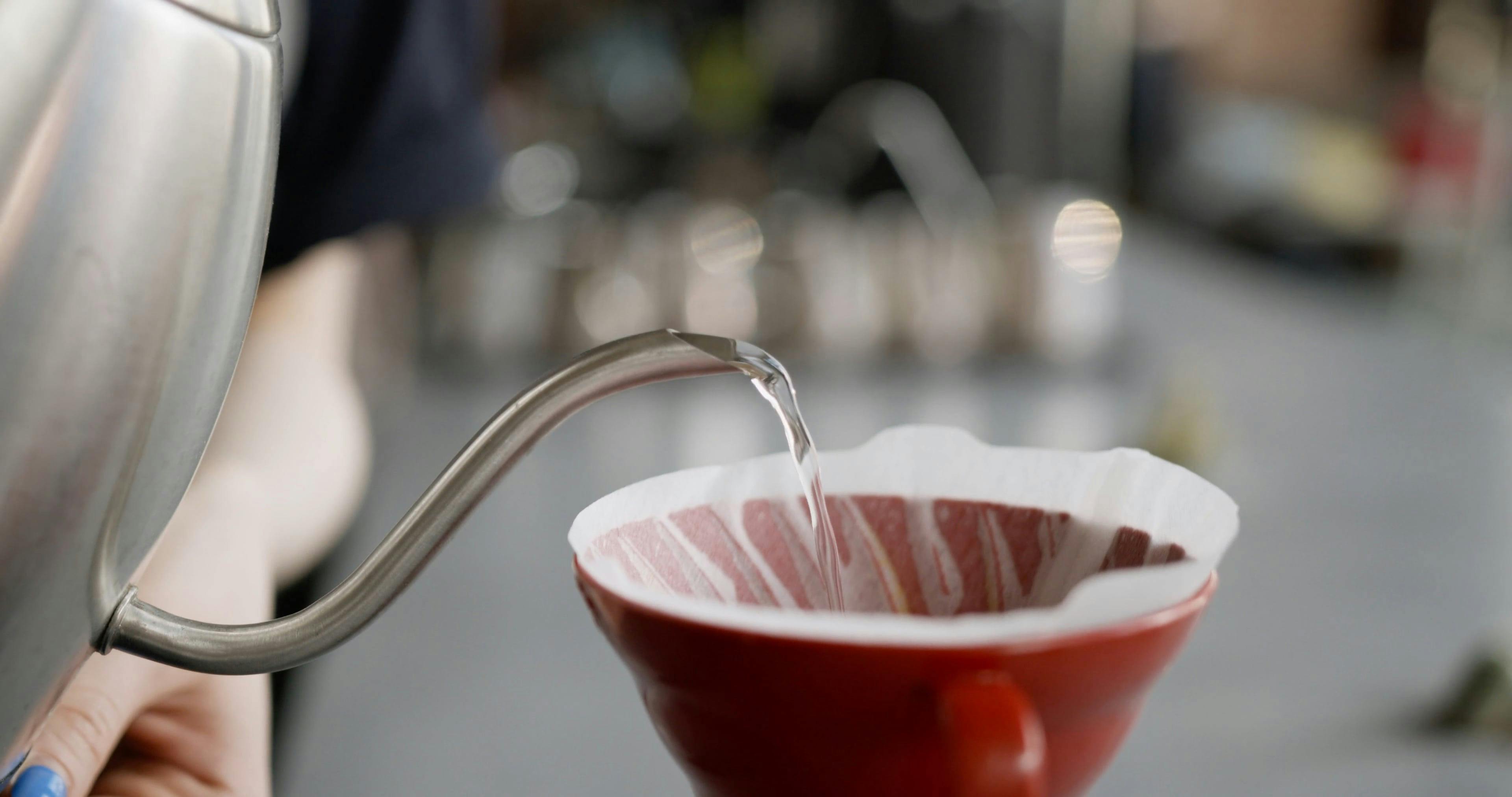





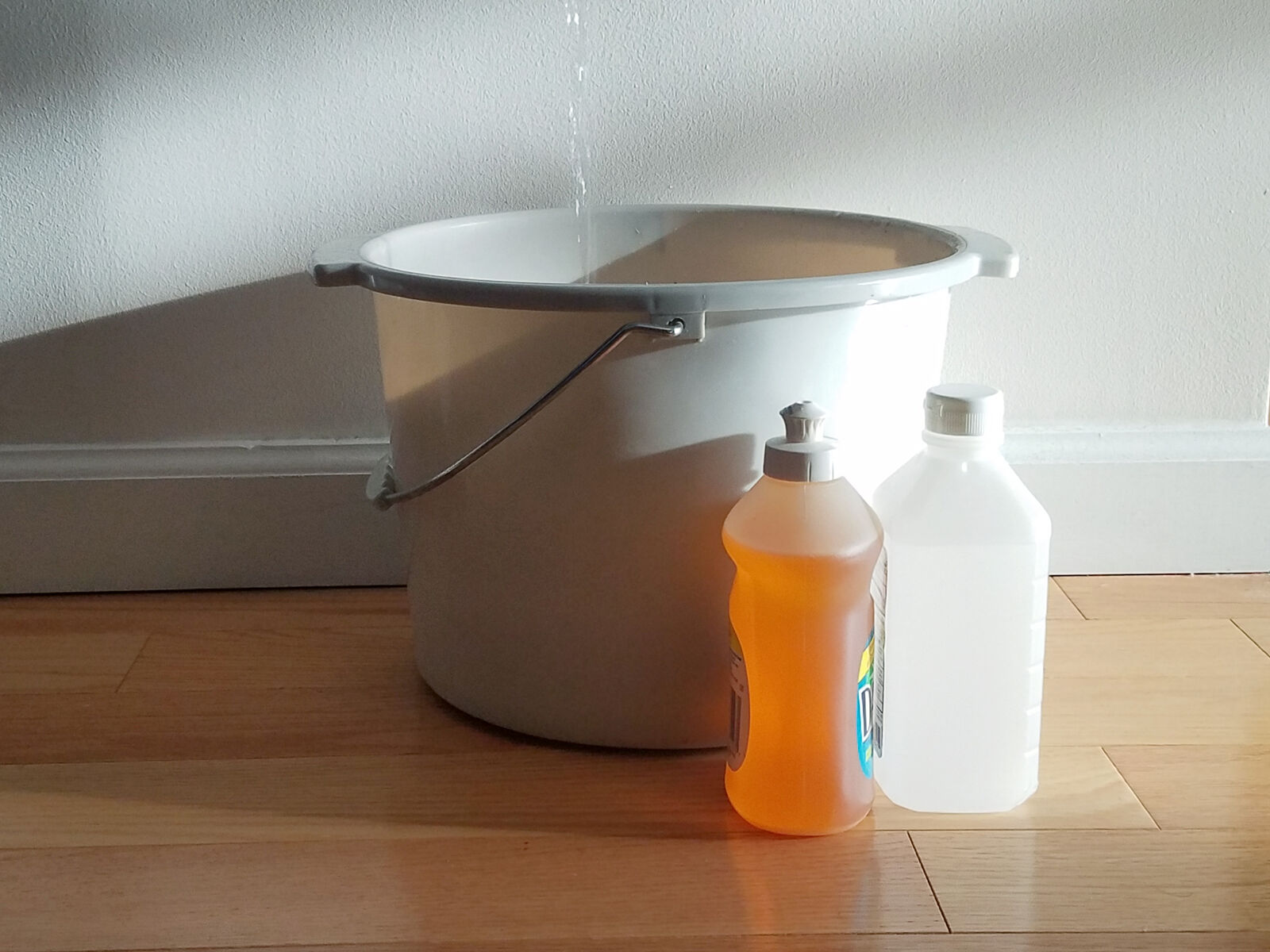




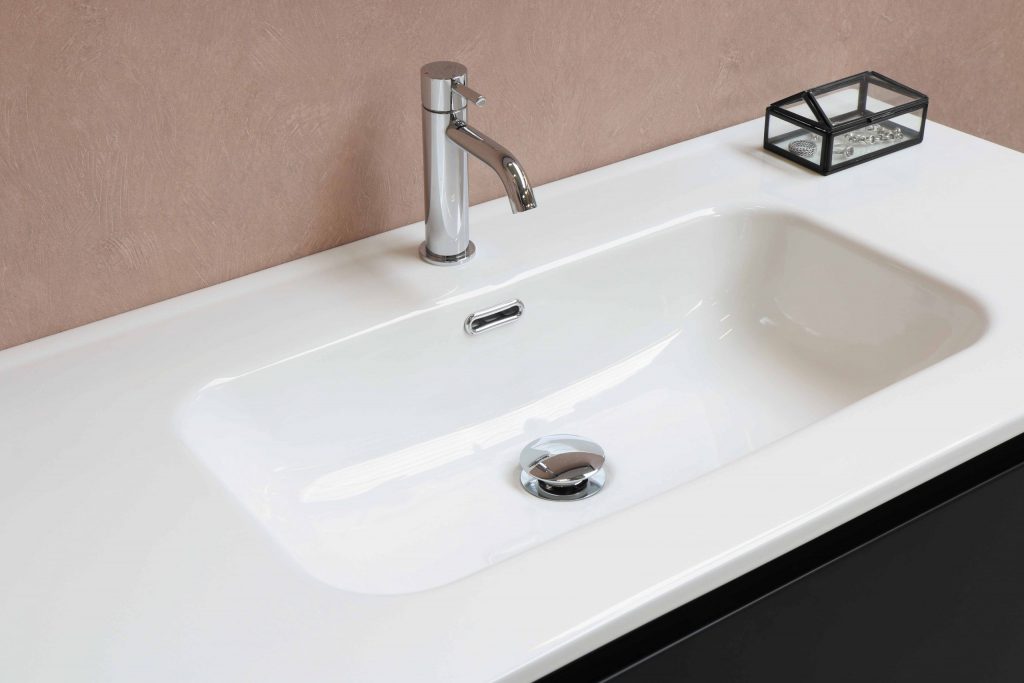




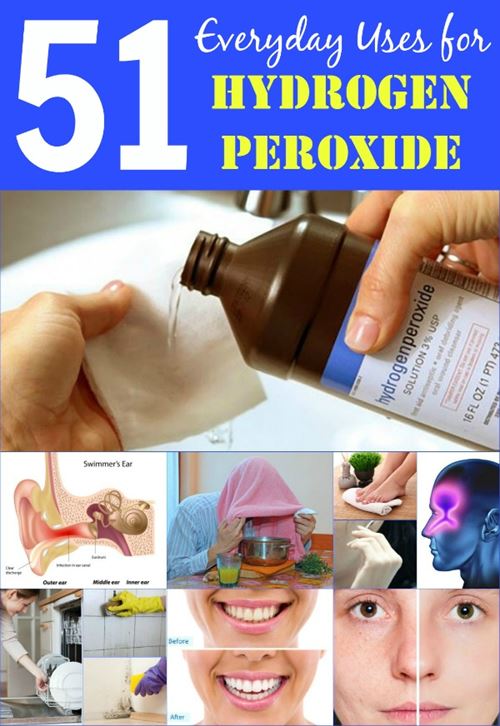
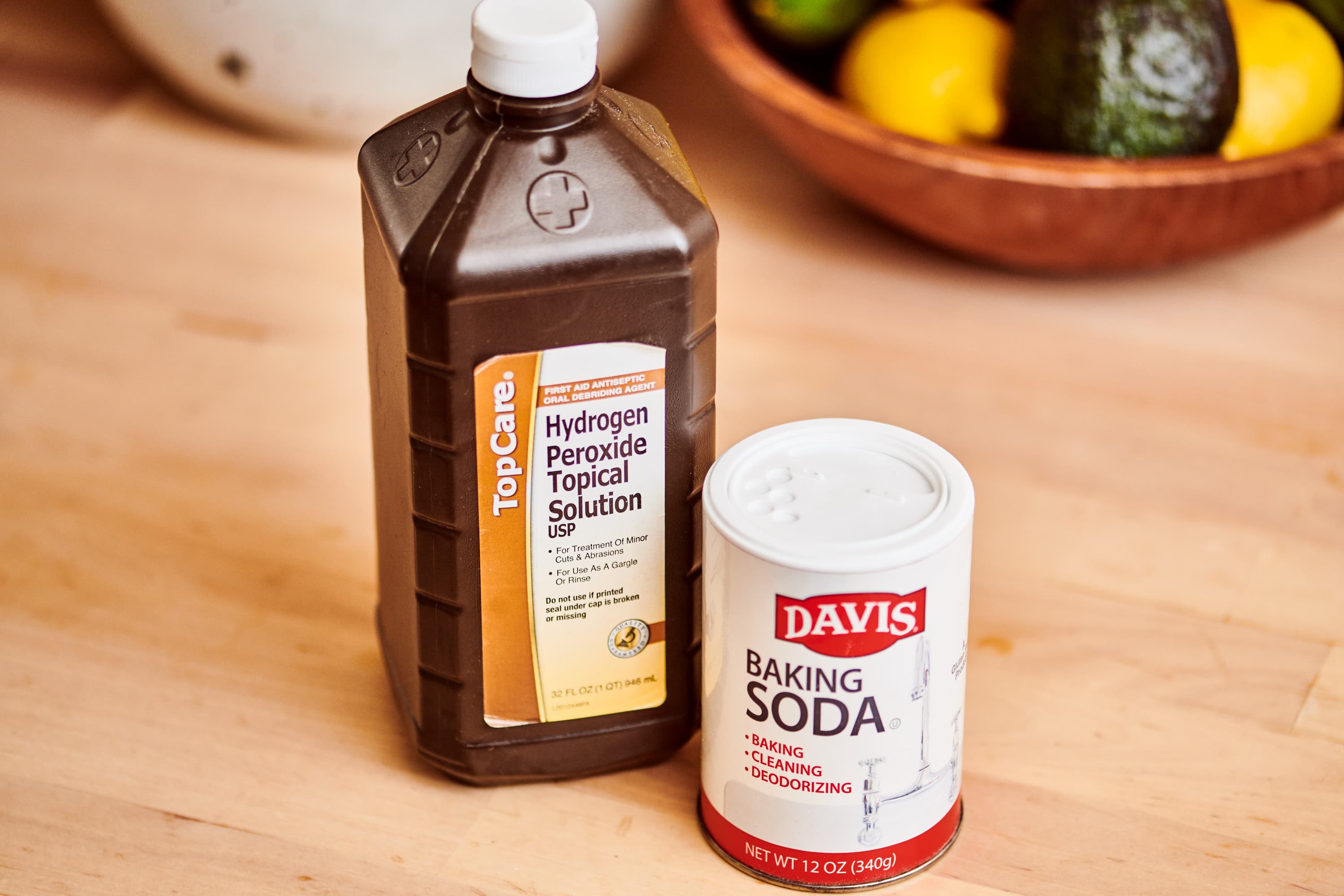


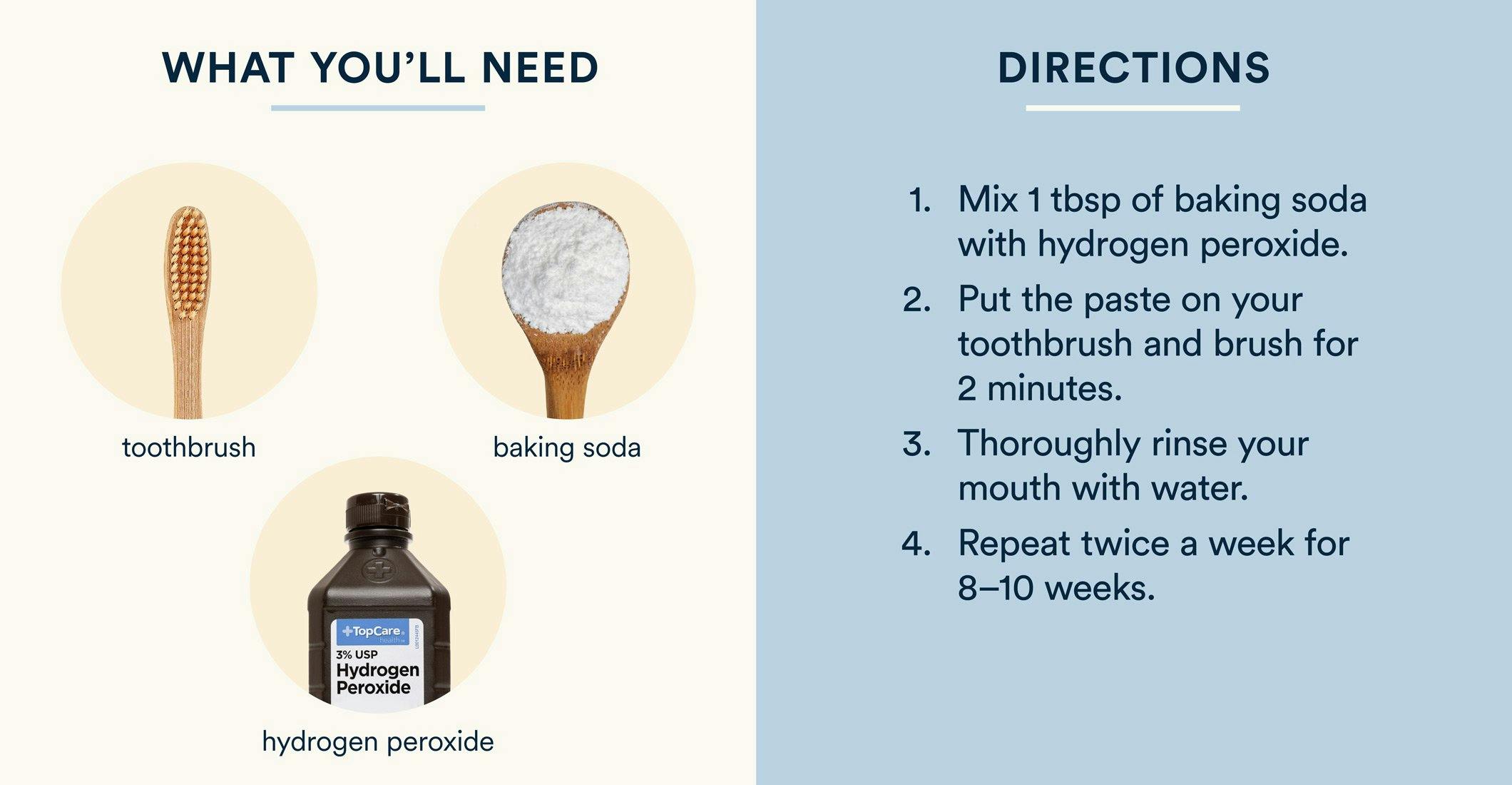
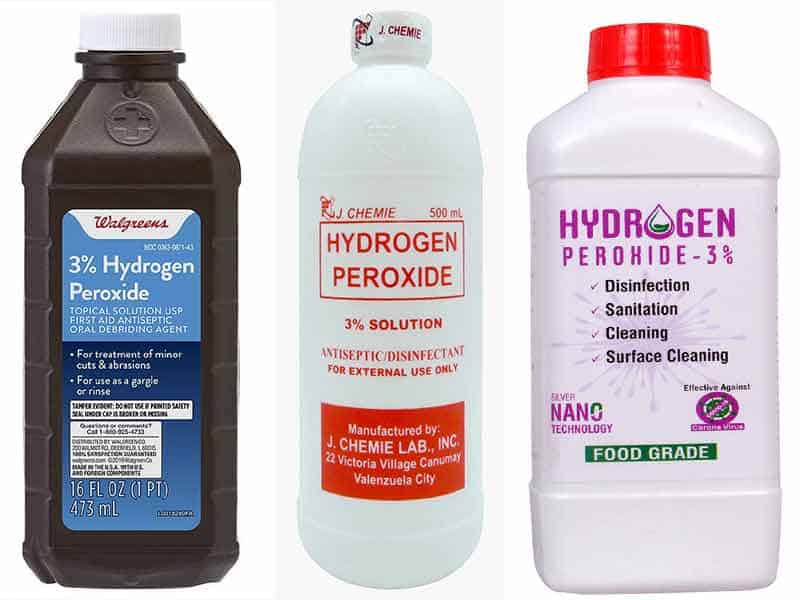
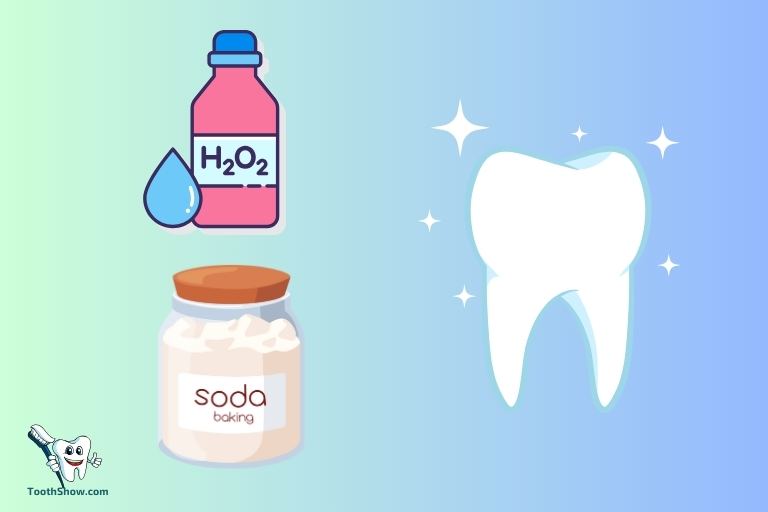
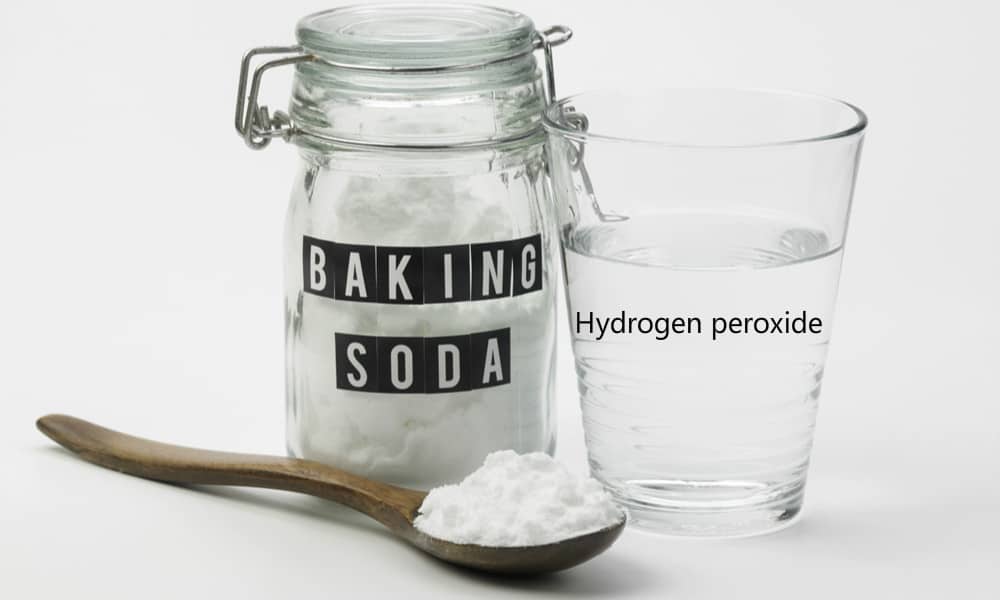
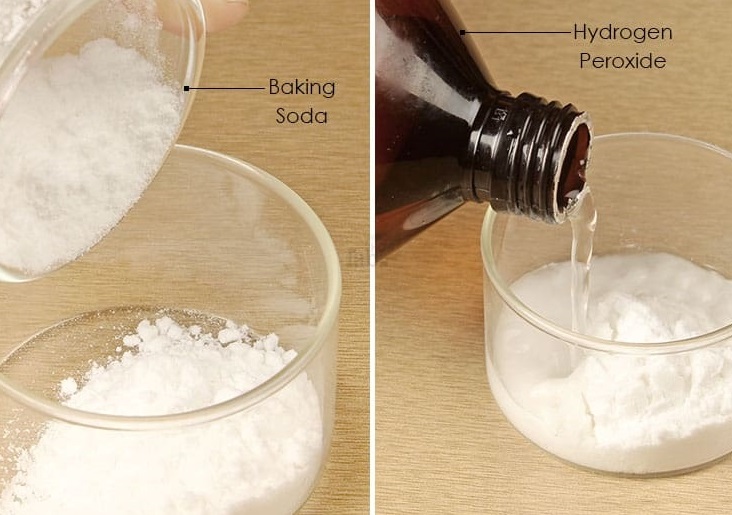
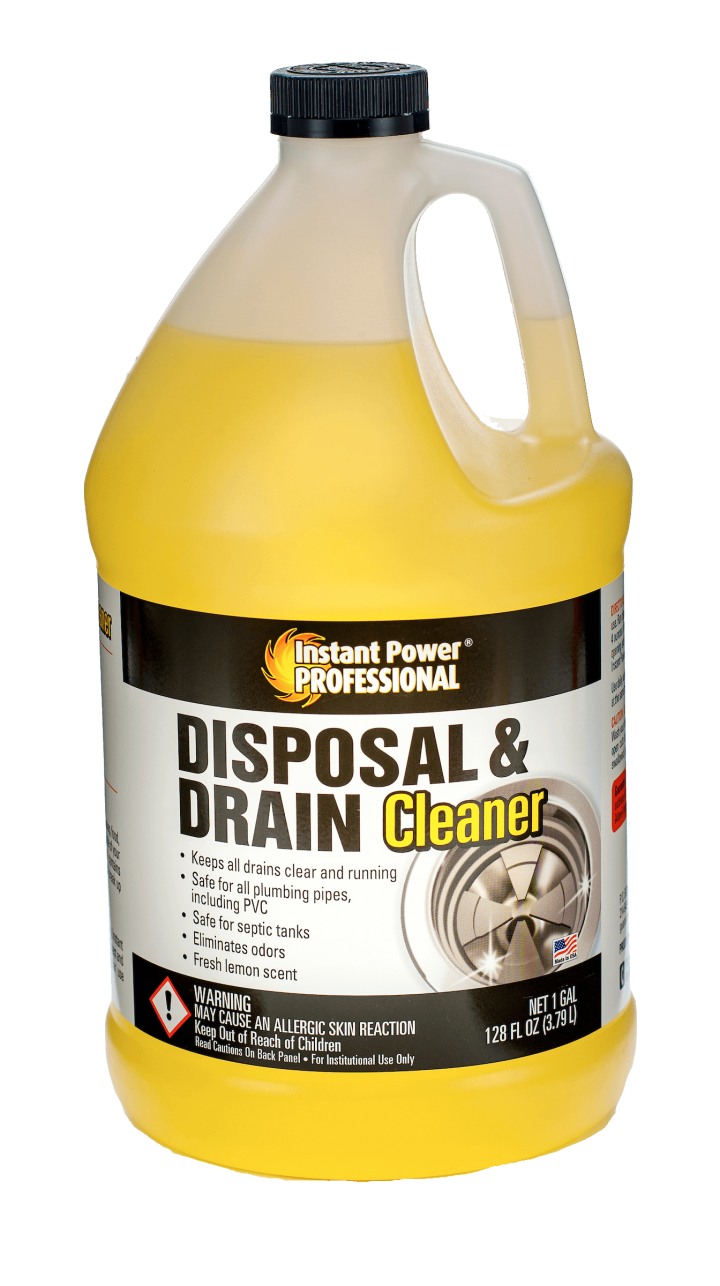

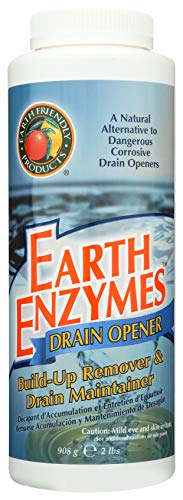

/GreenGobblerRefresh32oz-5bc63b0d4cedfd00266e4611.jpg)

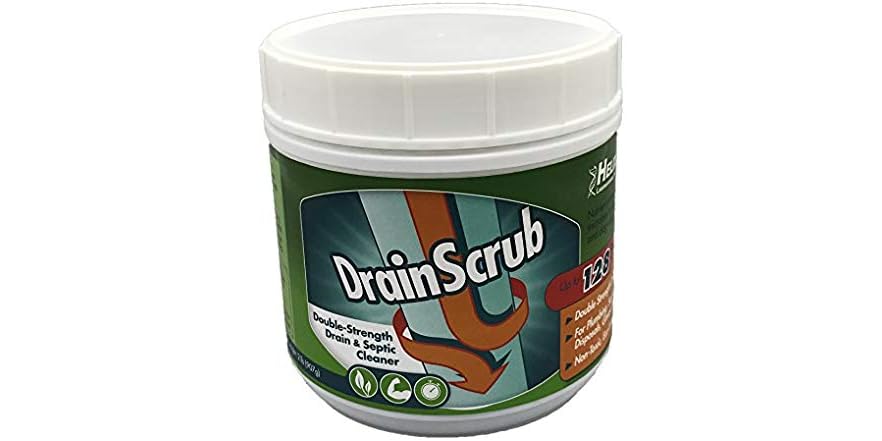



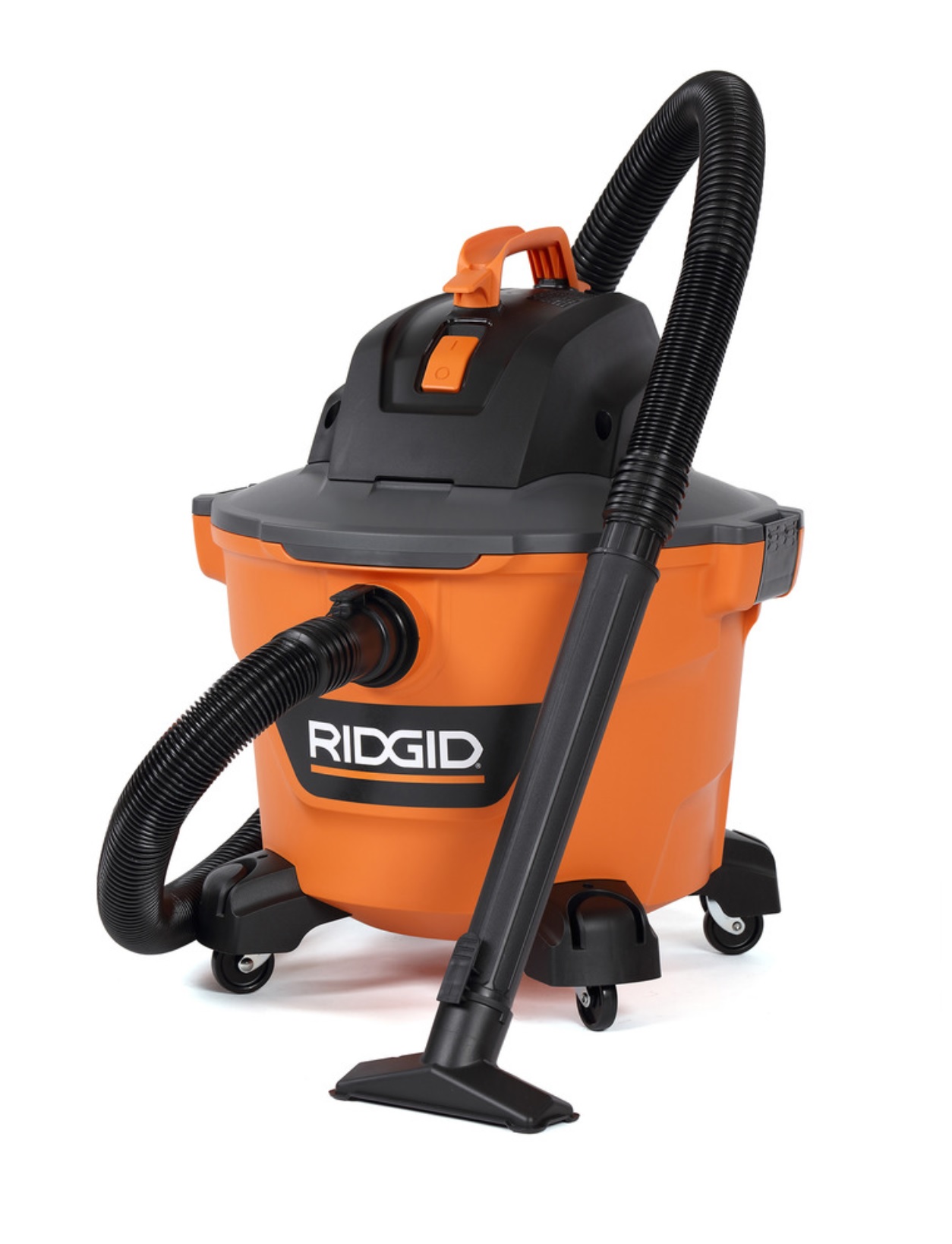
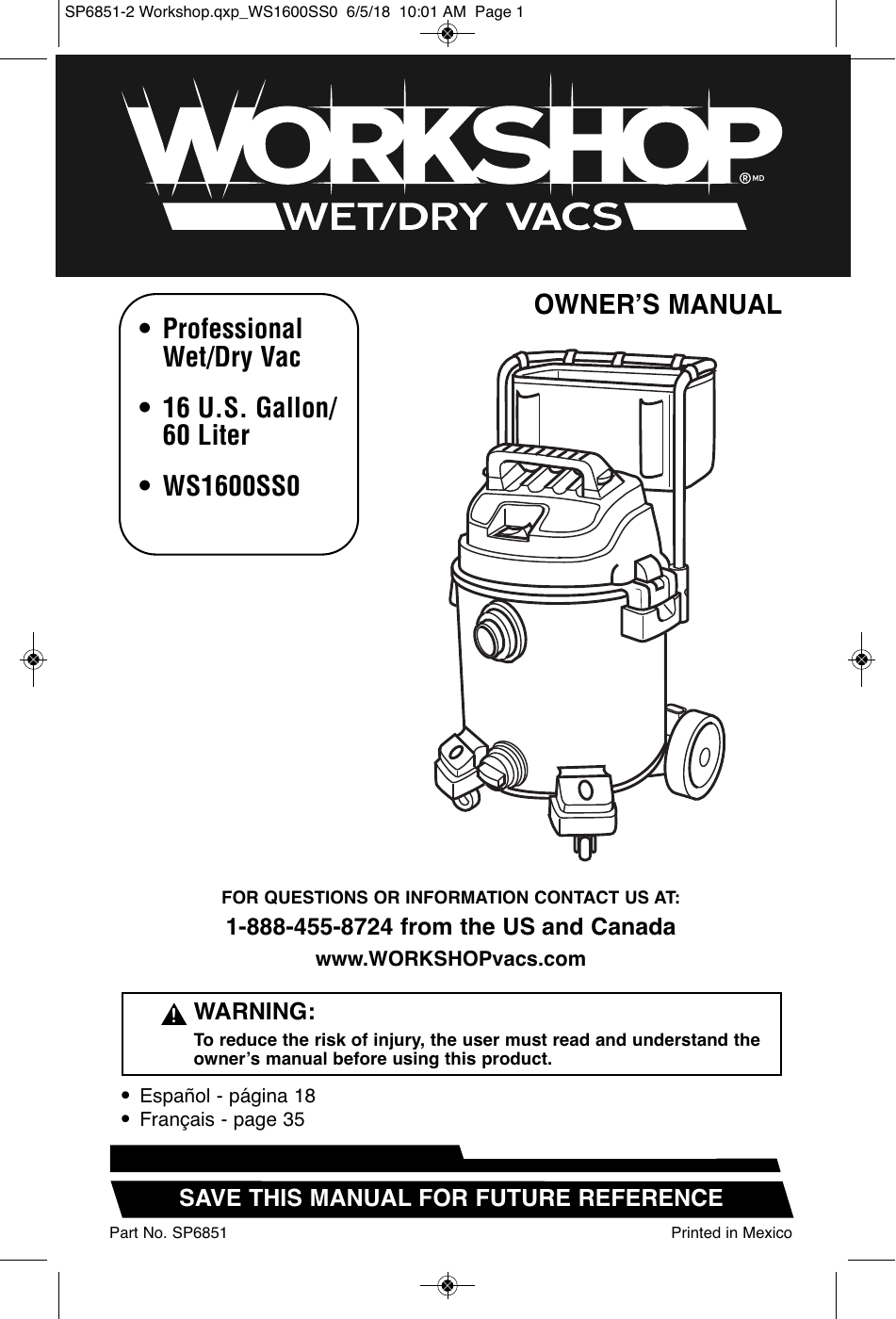
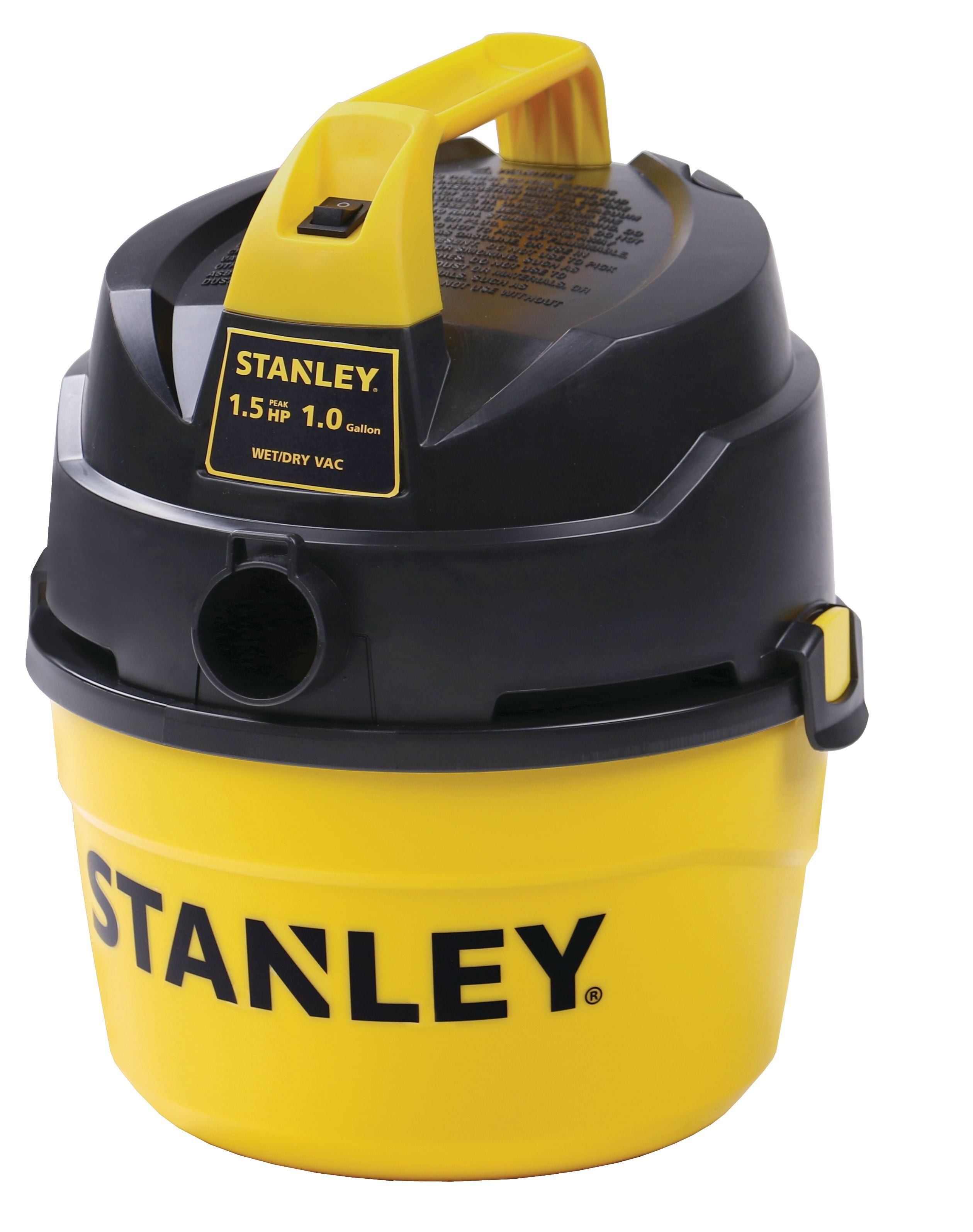

:max_bytes(150000):strip_icc()/The-best-wet-dry-vacuums-5224946_final-bb157f09533247c2b59a6c6b6f30e731.jpg)



